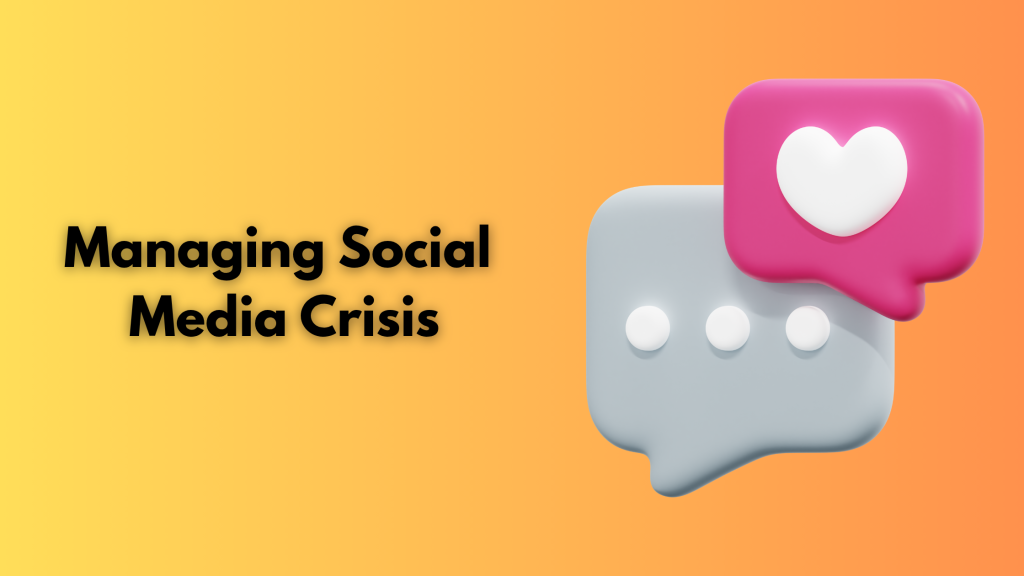
Negative review or incidents spreads like fire. You should be prepared to respond to such a situation responsibly and maturely. It is important to have an action plan at hand.
In 2025, such a situation can occur within a few minutes. 69% of business owners have experienced a crisis in the last five years, with social media being a major component. Especially with AI-generated content and lightning-fast virality, even a small incident can damage your reputation permanently. Despite this, only 49% of U.S companies have a formal crisis communication plan. According to a report, 50% of consumers post complaints publicly, and 81% avoid brands that don’t respond.
In this article, we’ll learn what social media crisis management is, strategies for social media crisis management, and its real-world examples!
What is social media crisis management?
Social media crisis management is the practice of preparing for, identifying, and promptly addressing and resolving brand-threatening issues on social platforms before they escalate into a major controversy. Social media crises can be any situation that harms your reputation, and a lot of people support it. It is different from negative reviews. It can be something like public backlash over some insensitive campaign, misinformation spreading, data breach, etc.
With billions of people on social media, one post can also escalate into a full-blown global reputation crisis, even if your team doesn’t feel it is offending. Even if a few users find anything offensive, it can escalate into full-blown damage to your reputation. Also, because social media content is passed through a diverse audience in real time. It’s speed combined with the challenge of managing narratives across different regions, languages, and religions. In such a scenario, you must create a proactive crisis management plan and a crisis communication plan, which helps in mitigating damage to a brand’s reputation during a negative action that can damage the image of the brand. It means going beyond reactive fixes. AI-powered social listening helps in detecting early threats and errors.
Strategies for Social Media Crisis Management

When a crisis erupts on social media, every moment is important. A fragmented response can break trust, damage credibility, and your reputation. Here are some of the tips to manage a social media crisis
- Real-Time Command: Your team needs a cross-functional digital room, which means one centralized space for marketing, PR, customer support, etc, where everyone can align with each other. Modern platforms offer a single interface to monitor social media channels, reviews, and give an instant response. Predefine the roles and duties, and communicate regularly. Respond accurately and smartly.
- Crisis Level: Not every negative review or hashtag can damage your reputation, but every issue needs the right and accurate response. Define each level of crisis and what should be an accurate action plan for it. For example, if someone is spreading false information, then provide correct information to correct them. The level of crisis is medium if there are widespread service complaints. Then acknowledge the update and provide a solution. The crisis is high if there is a mass boycott campaign; then you should issue a public apology, or sometimes legal involvement.
- AI-Powered Social Listening: Brands need predictive tools that signal you, before the situation escalates and turns worse. AI-Powered listening combines context, scale, and speed to give you an edge. The faster you spot an issue, the more control you have over it. It sends real-time alerts and identifies the root cause behind such a situation. You can also filter alerts according to geography, volume, and platform. Automated workflow can respond quickly in an effective manner.
- Consistent Brand Voice: In a crisis, your voice acts like your signature. When posts go viral on social media, your tone needs to be you and not sound panicked or artificial. Define your brand voice and translate it into an adaptive message. Create a response framework for common scenarios that can be customized for a particular region or platform. Act quickly and provide an official statement. For better results, all the teams should work together.
- Transparency: Users expect an honest and clear response. Brands need automation and authentication to manage this at scale. Always acknowledge your mistakes early and talk more humanely. Try to resolve the issue and rebuild their trust. Have a response plan ready beforehand; you can use AI tools as well for help.
- AI-assisted Crisis Response: A crisis-ready team needs real-time practice powered by AI, data-driven insight, realistic stimulation, etc. respond with clarity and speed. Use real-time AI agents. Once an issue is raised, AI can direct that issue to the respective team. With the help of previous data, you can analyze the situation well and act accordingly.
Real-world examples of social media crises

Here are examples of some of the famous brands, and how they have acted in social media crises
- e.l.f Cosmetics: The crisis was that a viral TikTok video falsely claimed the use of harmful ingredients, which led to their boycott and questioned their credibility. They launched an Ingredient Safety and Transparency Policy, where they highlighted the use of RSPO-certified palm ingredients and a clean beauty commitment. Instead of avoiding, the brand directly engaged on TikTok, where the narrative emerged. It used short-form video and provided factual responses. It received a negative response and strengthened trust with Gen Z.
- Chick-fil-A: It faced a backlash when it replaced the original BBQ sauce, which raised 73% negative sentiment and a viral boycott hashtag. They used advanced dashboards to monitor social sentiment. Also, build a custom engagement dashboard to respond personally to customers across all platforms. They relaunched the original BBQ sauce with a high-touch campaign. It led to 92% positive sentiment and spiked their online mention on launch day. It increased their interactions and organic hashtags mentions.
- Majid Al Futtaim: The crisis was that there was a sudden surge in online interaction during COVID-19 that created a huge volume of customer queries and complaints. They deployed social listening tools to capture earned and owned mentions across digital touchpoints. Also, they introduced a COVID-specific keywords filter to surface actionable cases quickly. Deploy automated rule engines to triage incoming posts. Its outcome was that it maintained positive sentiment during the pandemic and accelerated cross-functional decision-making and customer responsiveness.
- Pepsi: It faced criticism when a commercial featuring Kendall Jenner joining a protest and handing a police officer a Pepsi was posted. Critics called it tone-deaf and trivializing the social justice movement. It faced massive negative reaction on social media and was pulled within 48 hours. Pepsi issued a public apology, saying they “missed the mark” and vowed to work more closely with diverse creators in future campaigns.
- H&M: An Instagram post showed a child model wearing a hoodie with the phrase “Coolest Monkey in the Jungle”. The image was widely condemned as racial insensitivity. It led toa global boycott, and several retailers stopped stocking H&M products, and the brand’s social media was flooded with criticism. H&M removed the post and issued a public apology. They halted the product line and pledged to improve diversity.
- United Airlines-Flight 3411: A passenger was dragged off an over-booked flight. The incident was caught on video and went viral. It faced widespread criticism and witnessed a 6% drop in stock price, and it lasted quite a few weeks. United’s initial statement was seen as defensive after public outrage, they issued a full apology, announced a policy change, and the CEO met with the passenger’s family.
Social media crises are bound to happen quickly and hit harder than ever before. It leads to a quick lack of trust and harms your reputation. It is important to have an action plan ready before things go wrong. Lumia 360 provides online solutions that can boost your social media and improve your online reputation. Our solutions have grown the social media of our clients and built their strong online reputation. This, in turn, improved their search engine ranking and boosted their revenue. To know more about our strategies, email info@lumia360.com or call 514-668-5599.
Read Also: Social Media for Small Businesses
Read Also: The Importance of Responsive Web Design



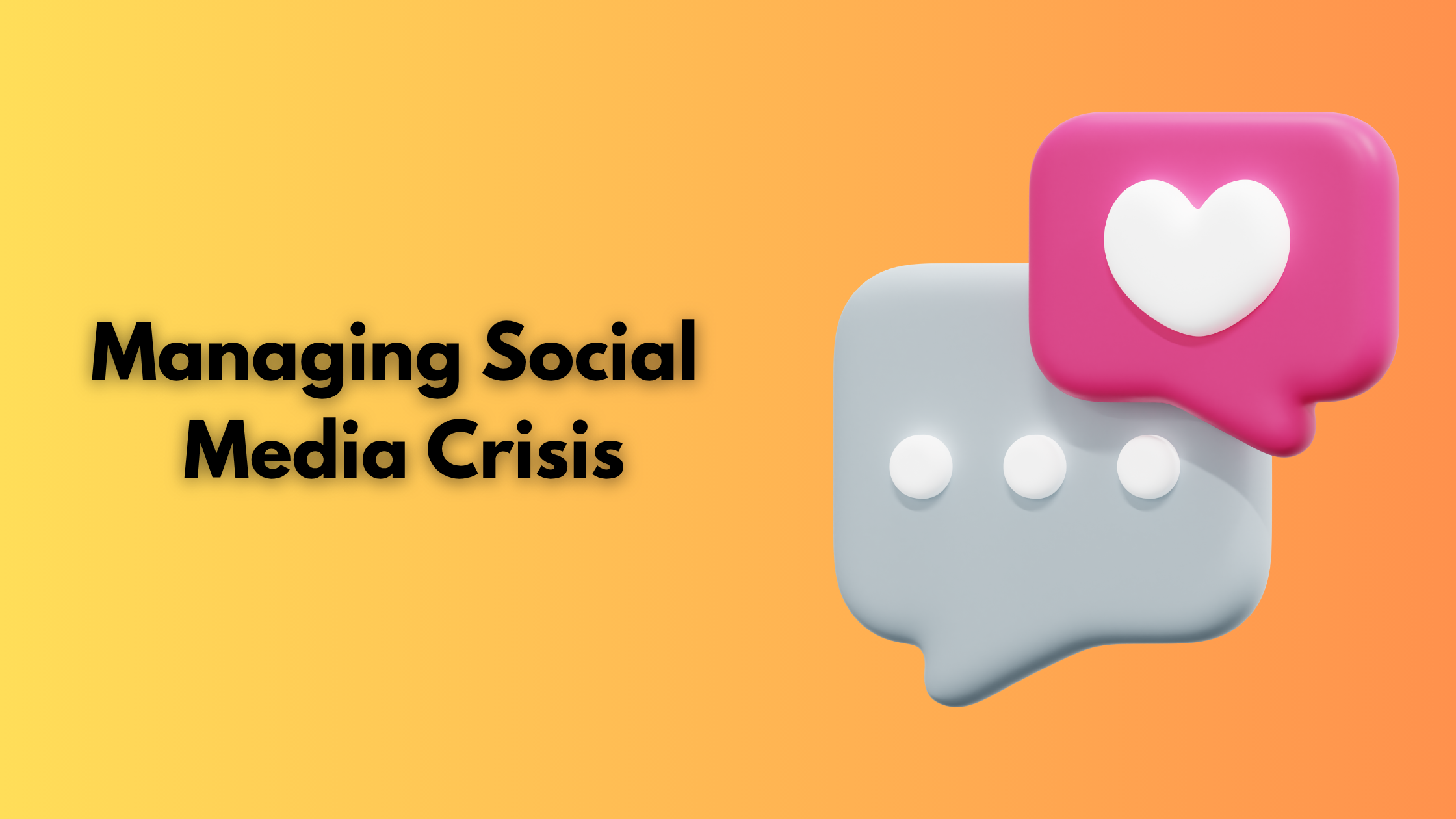
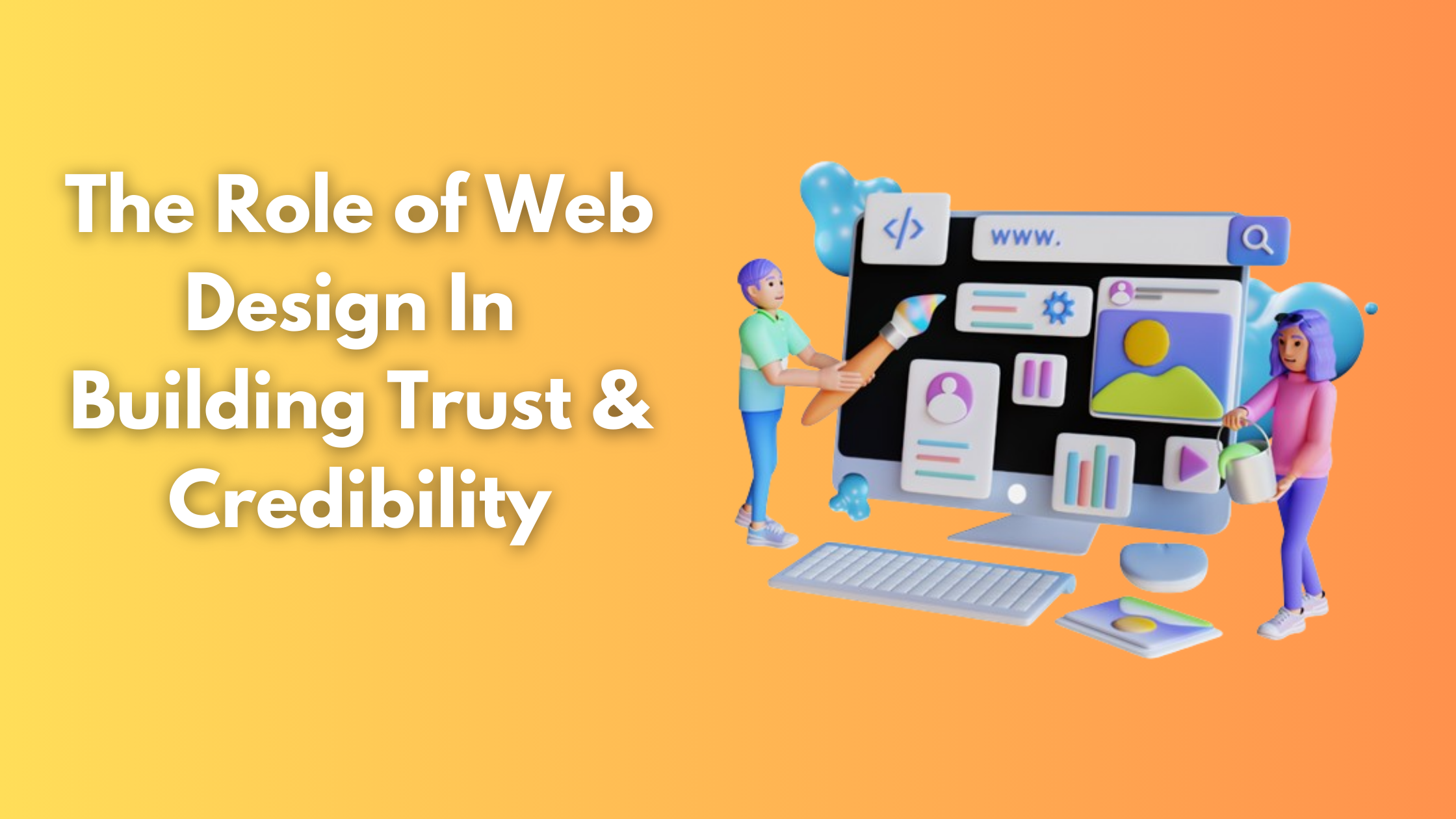
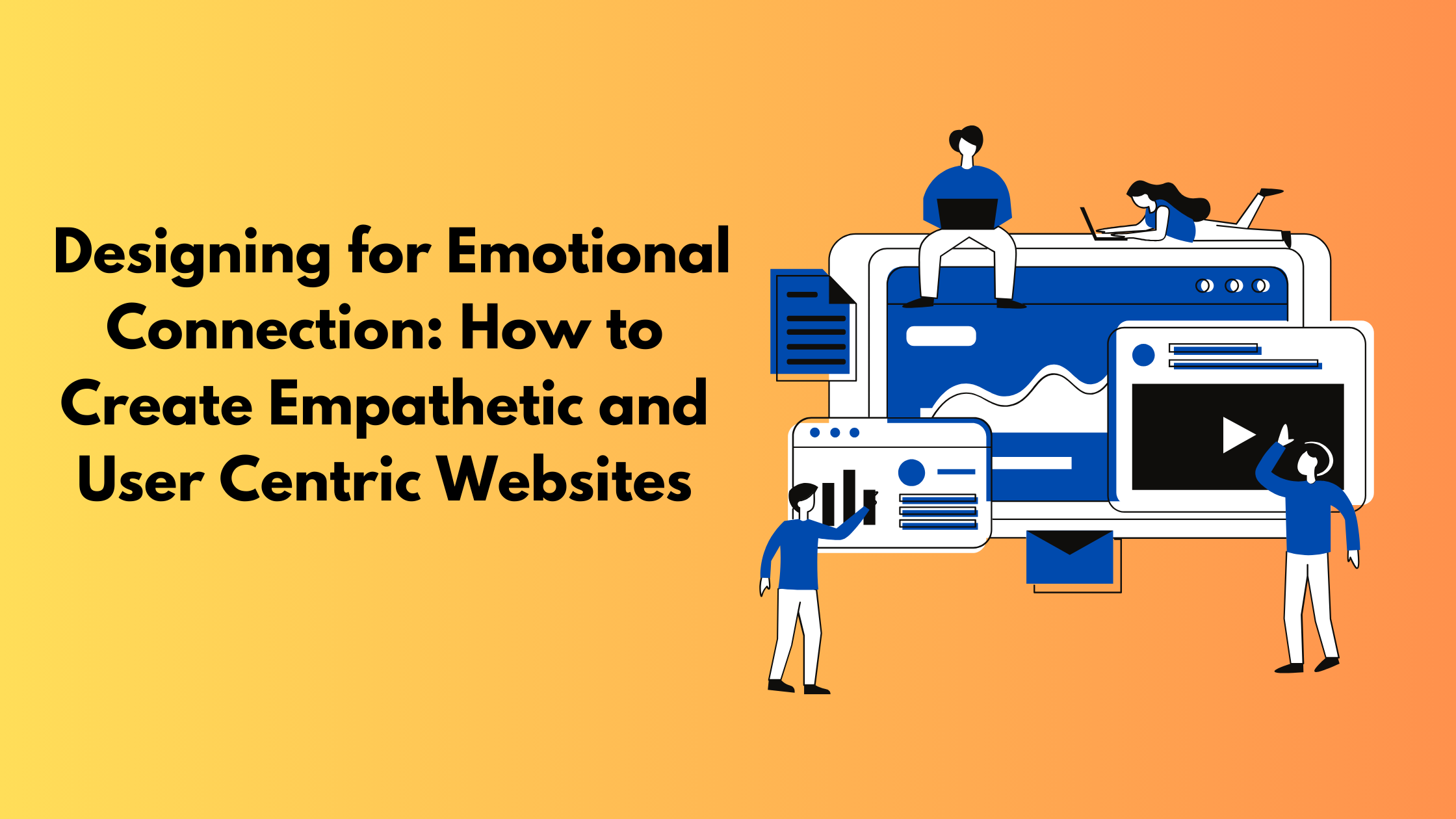
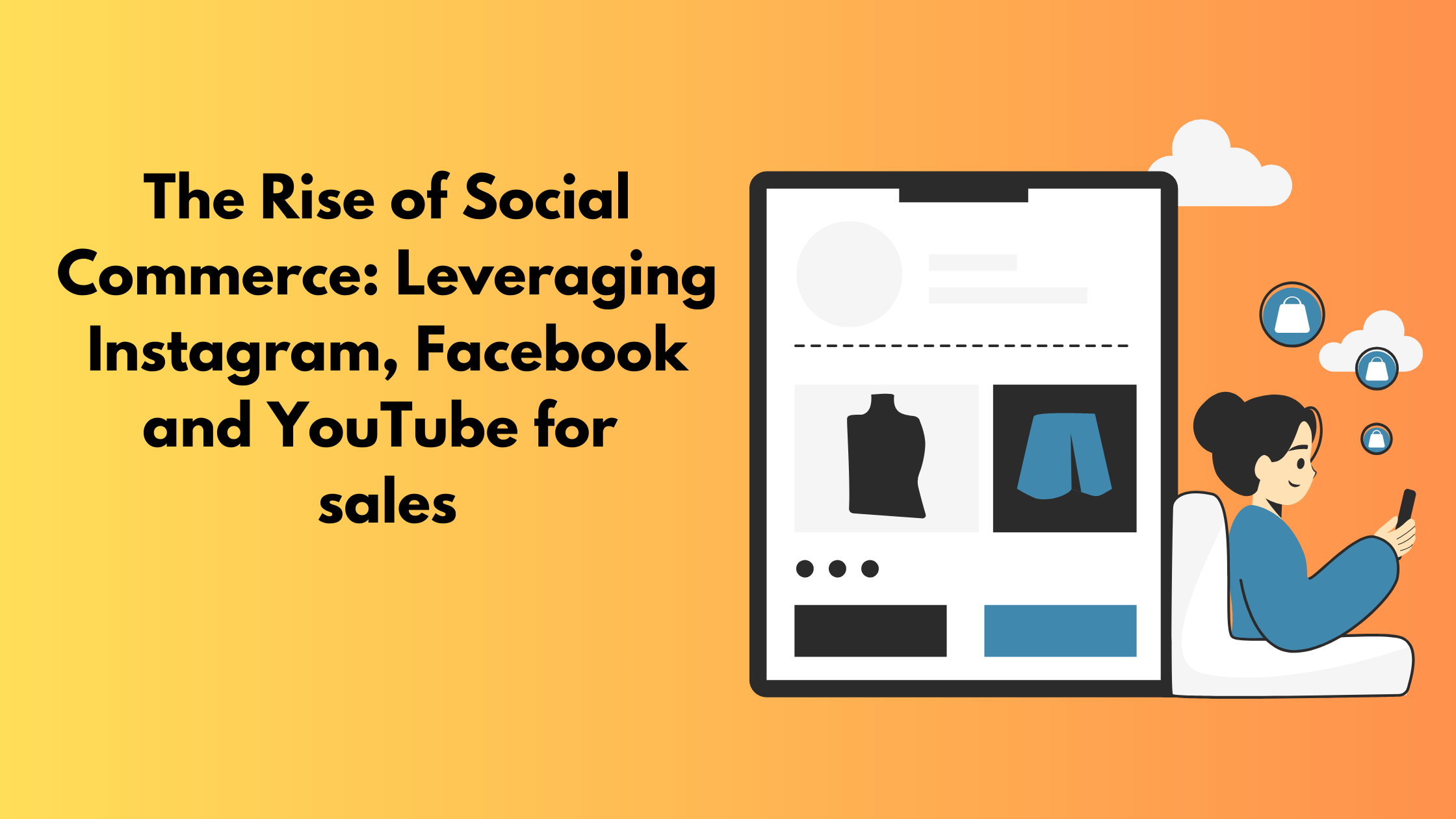

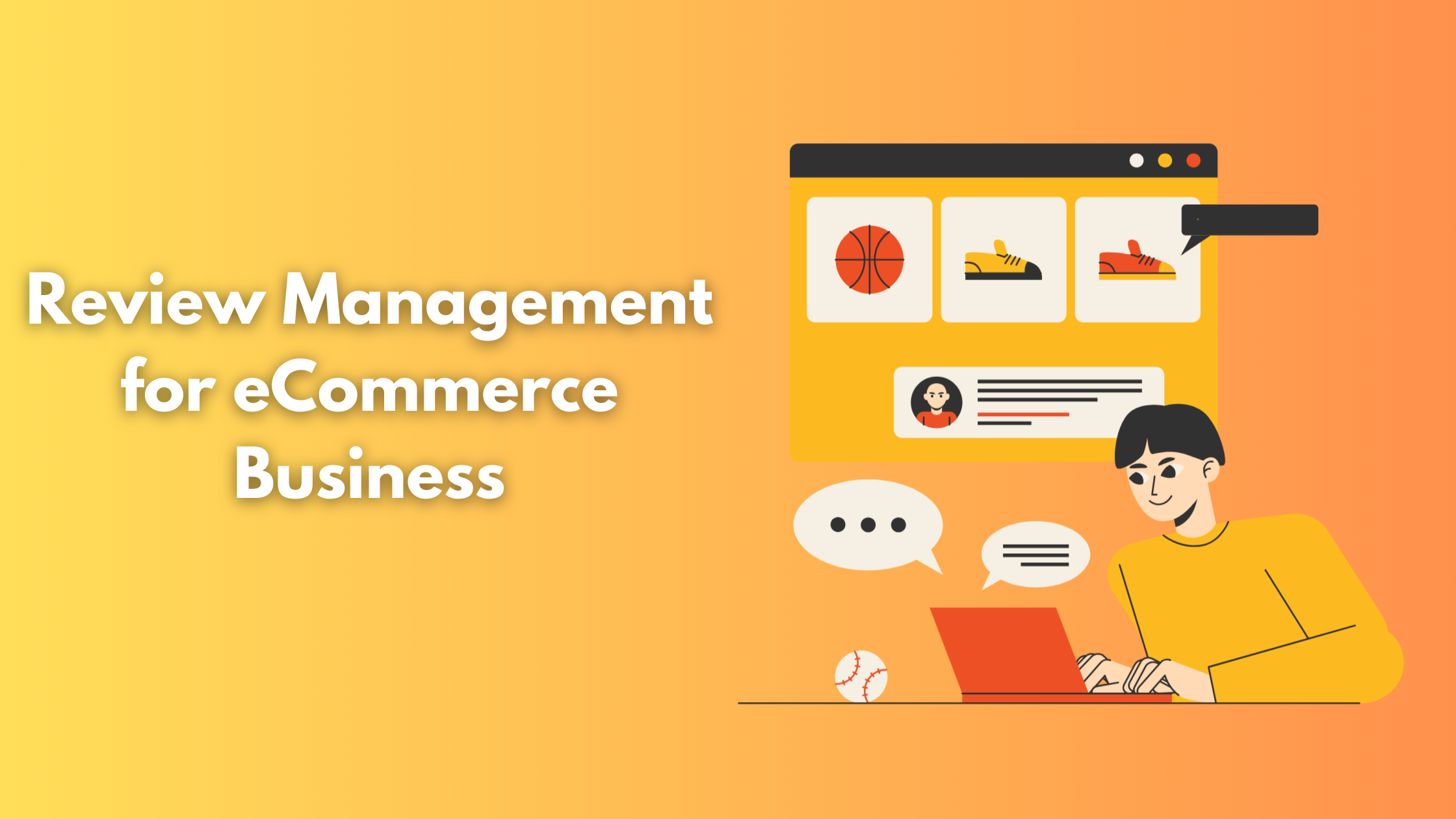


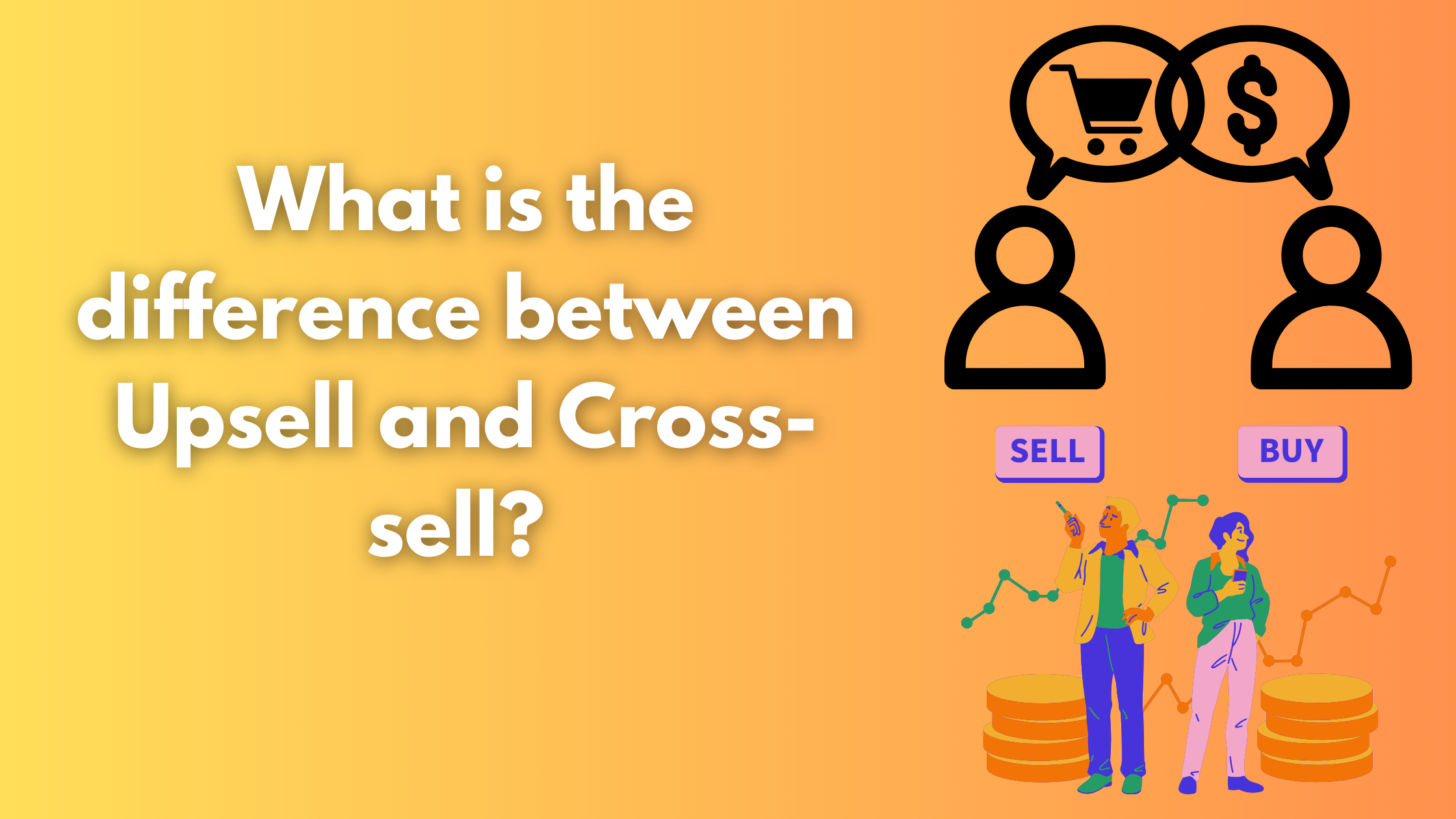
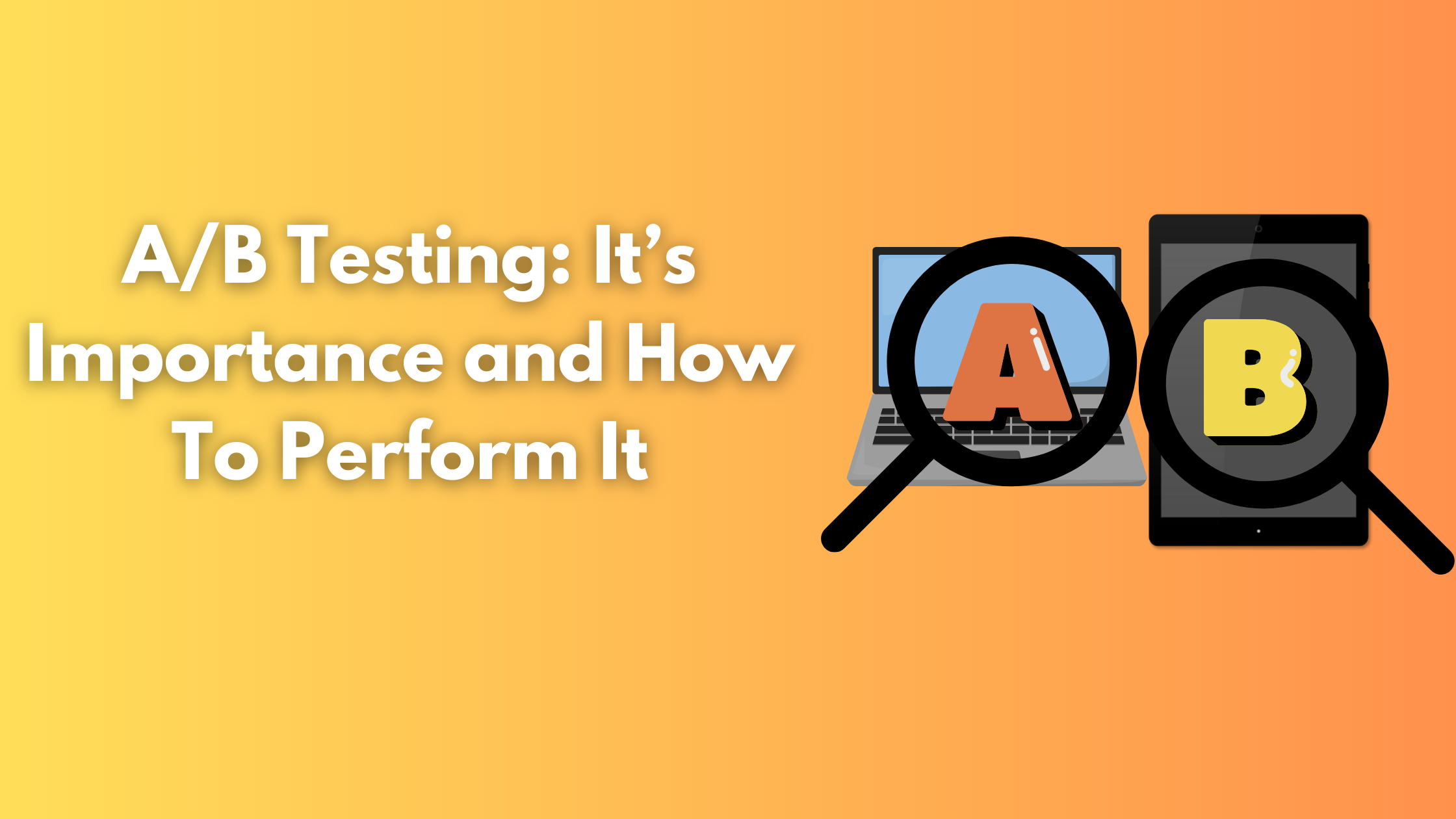
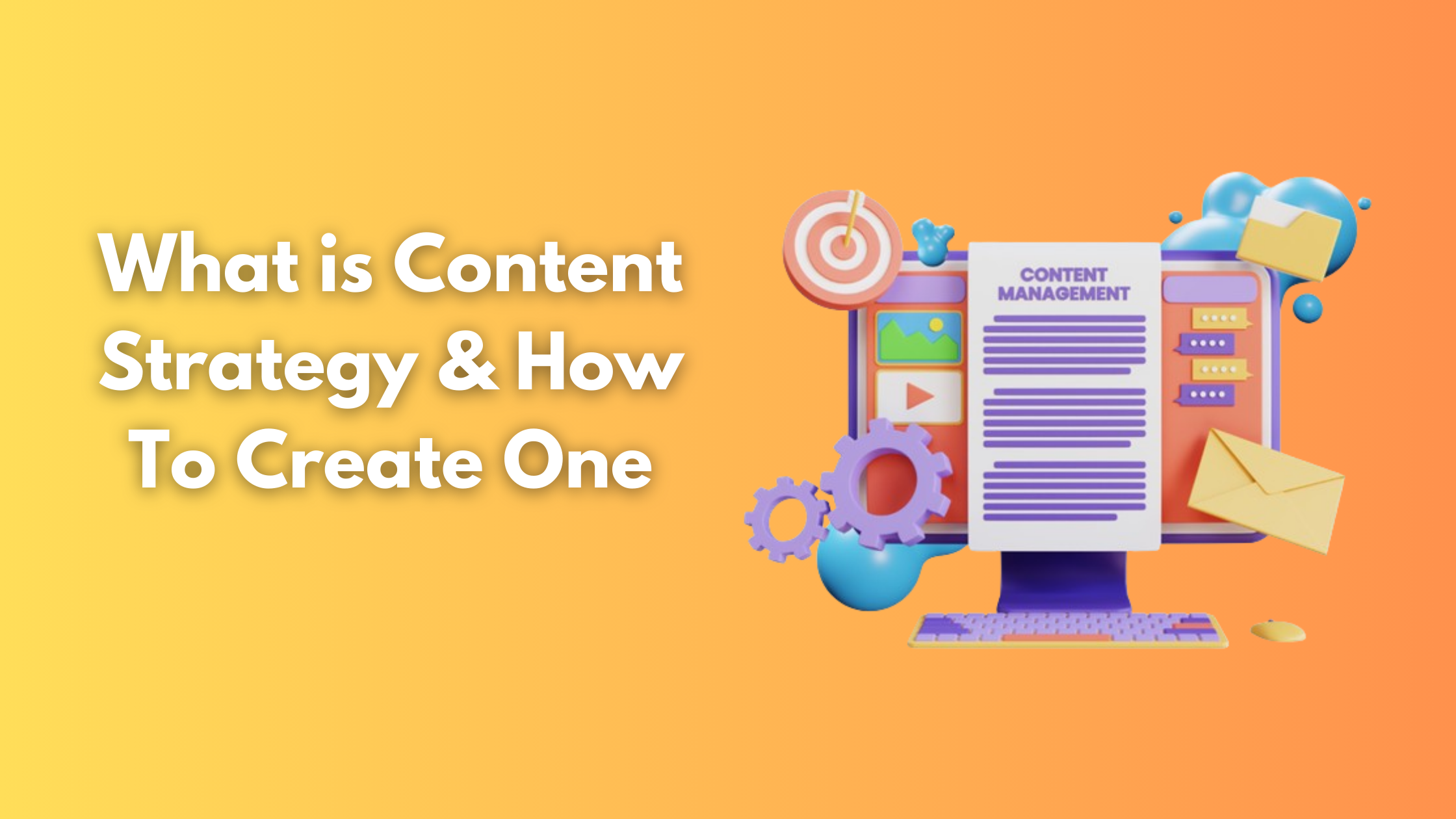
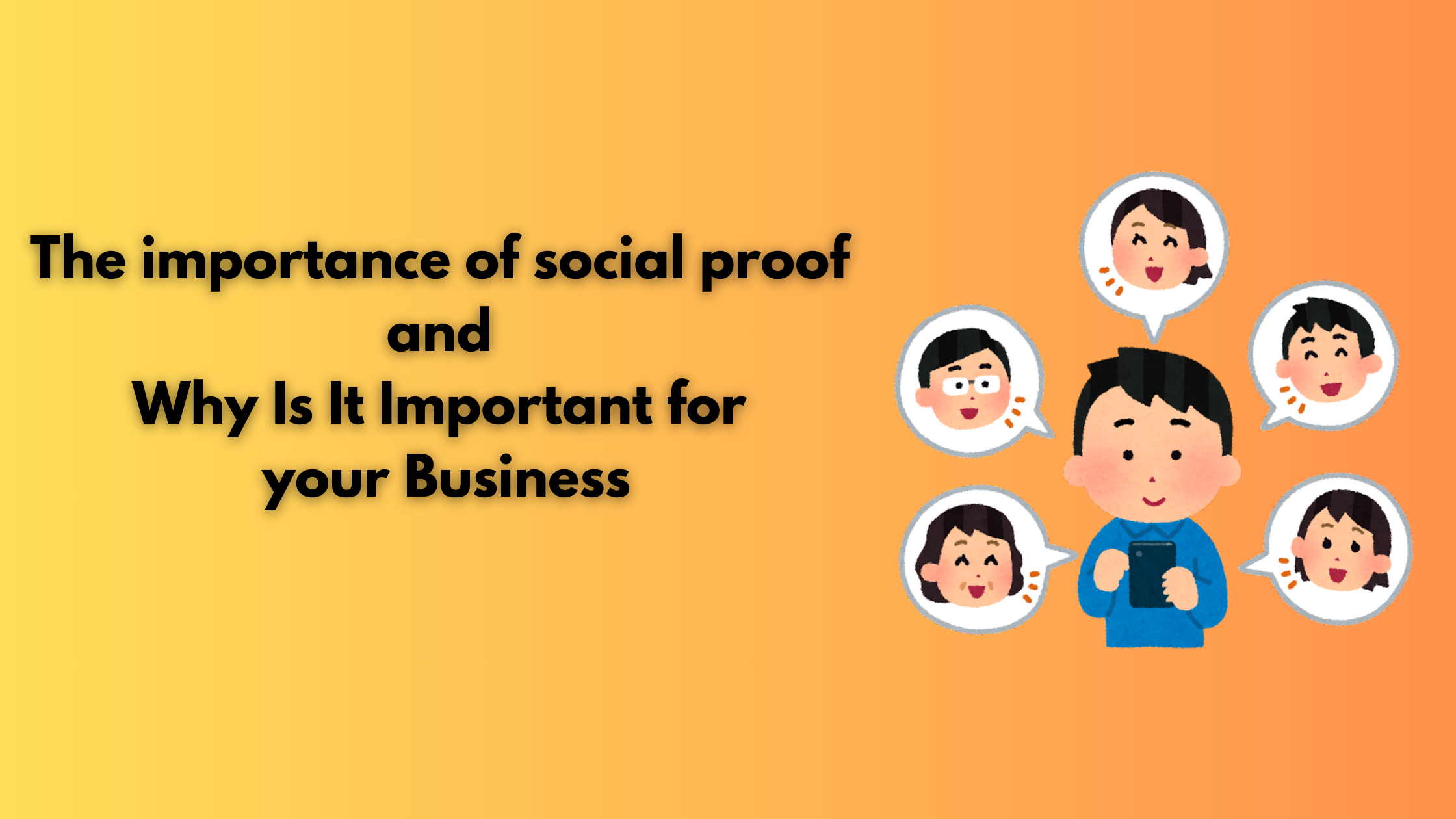
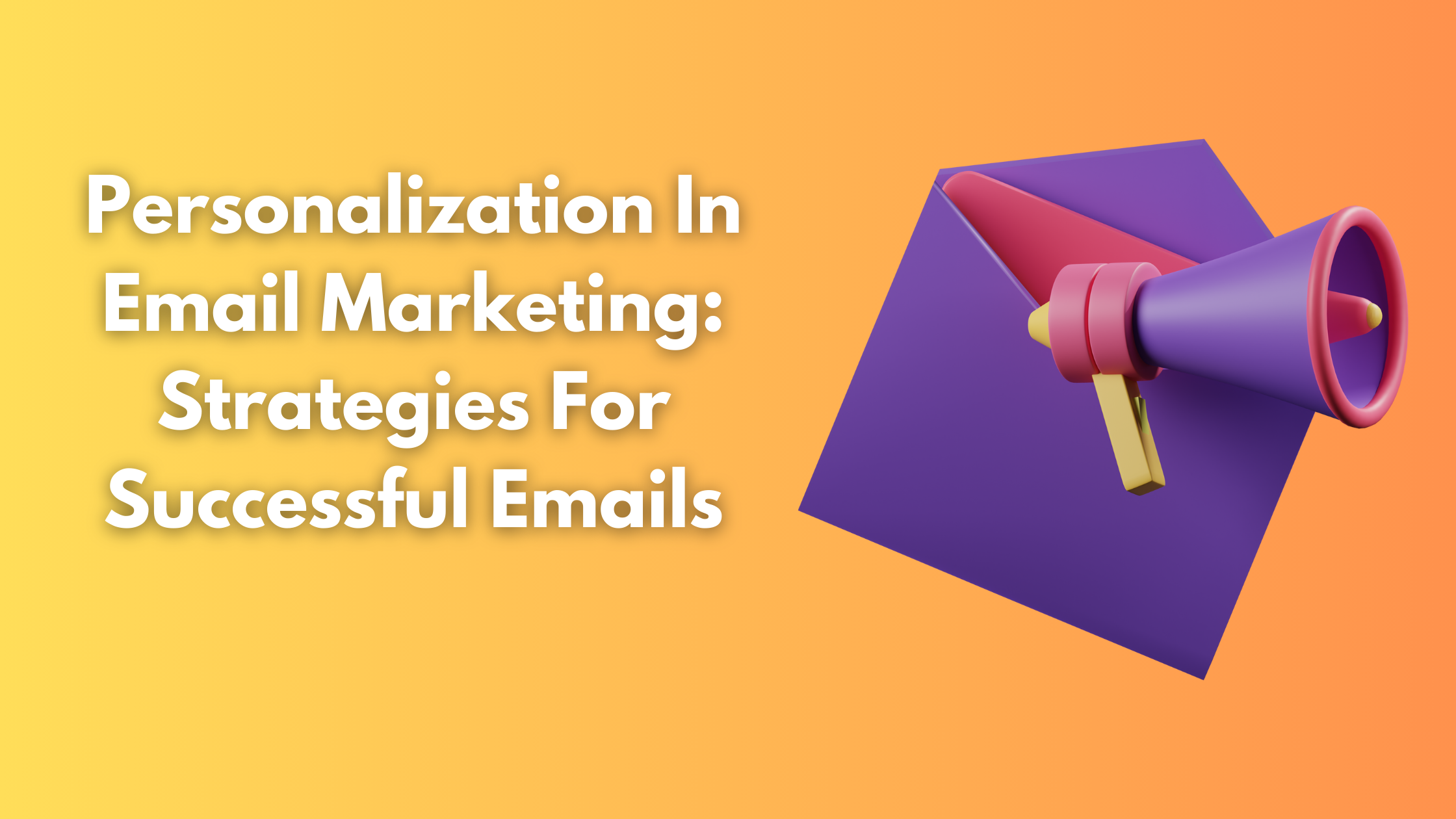



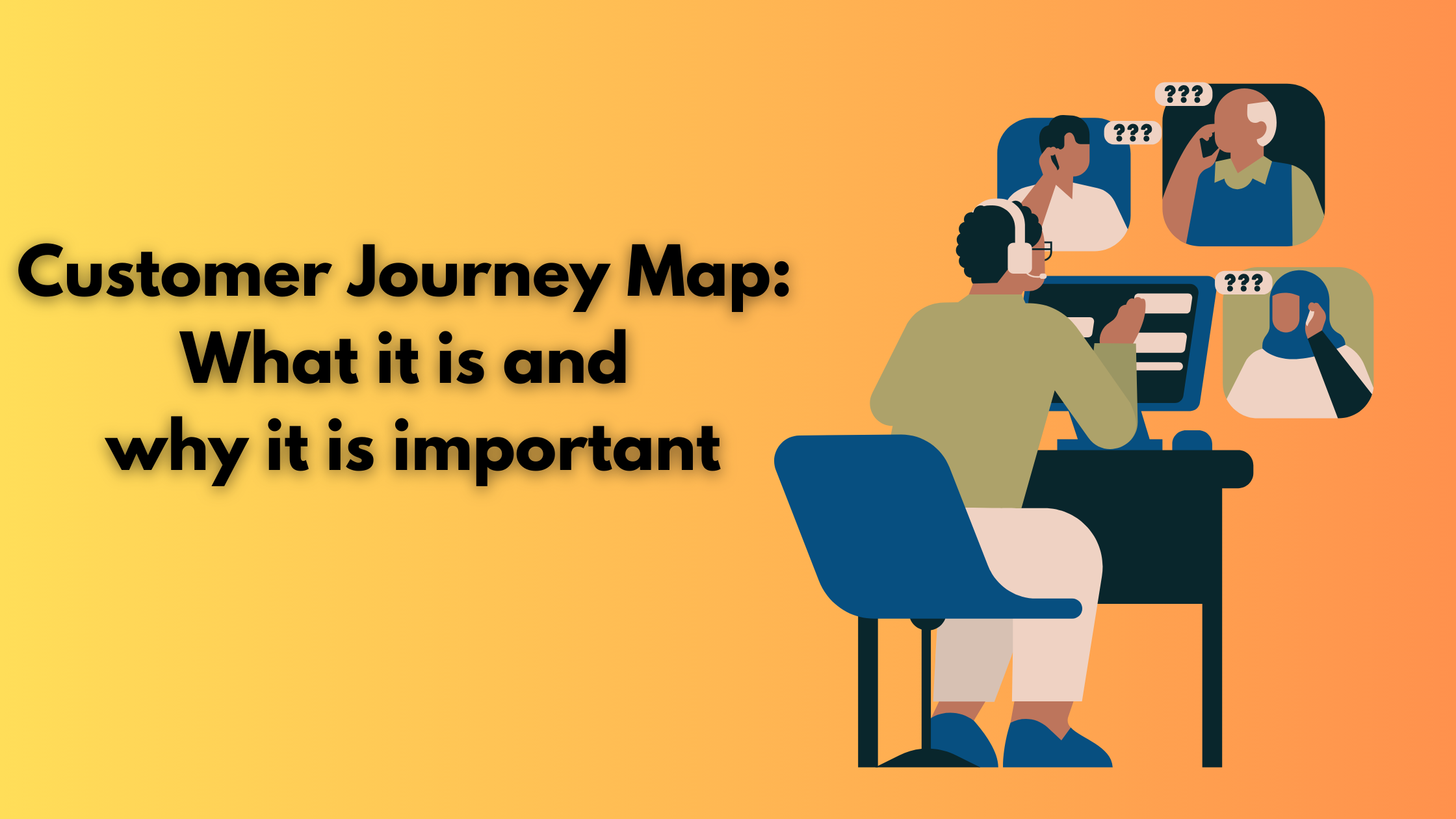
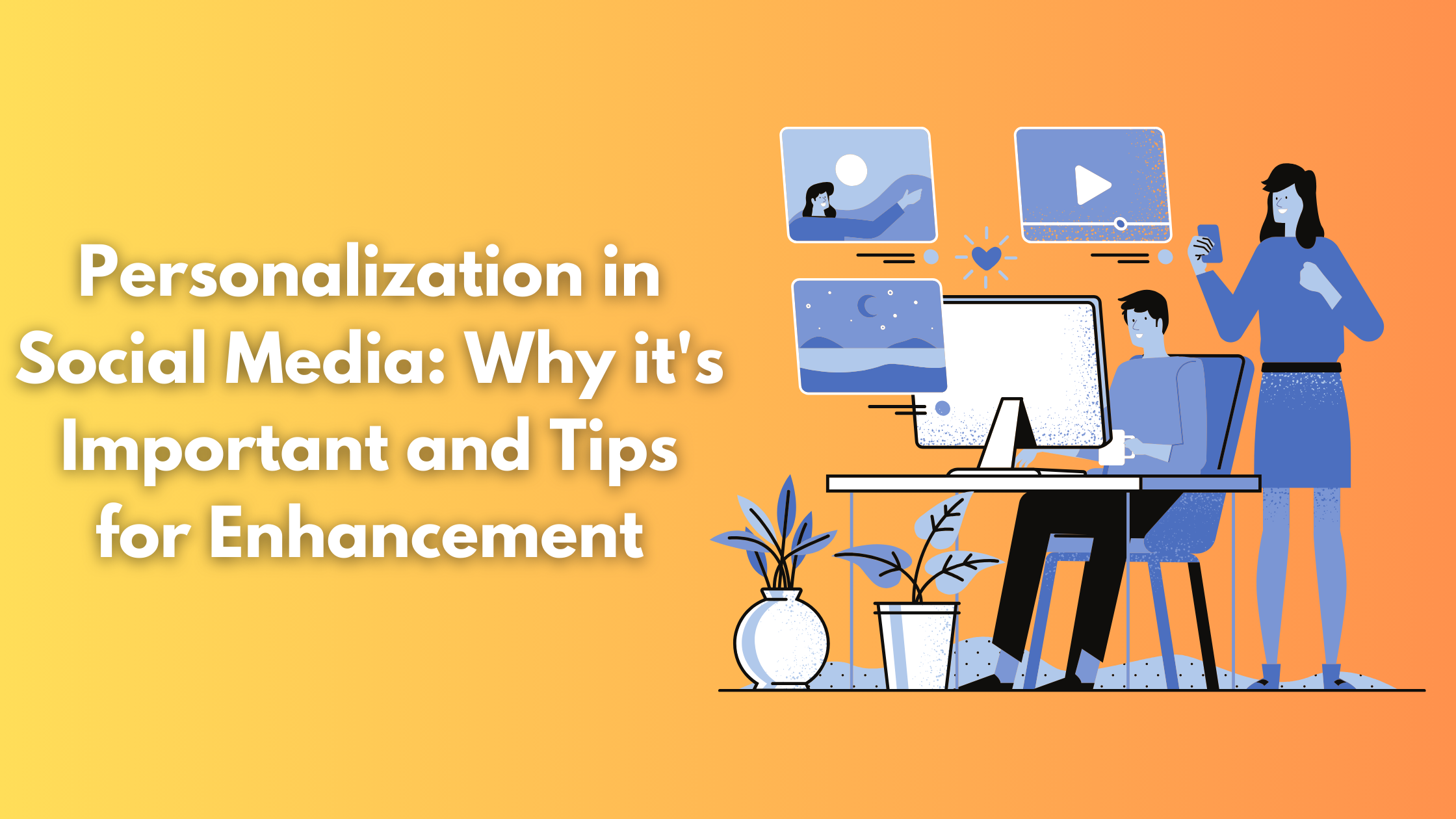
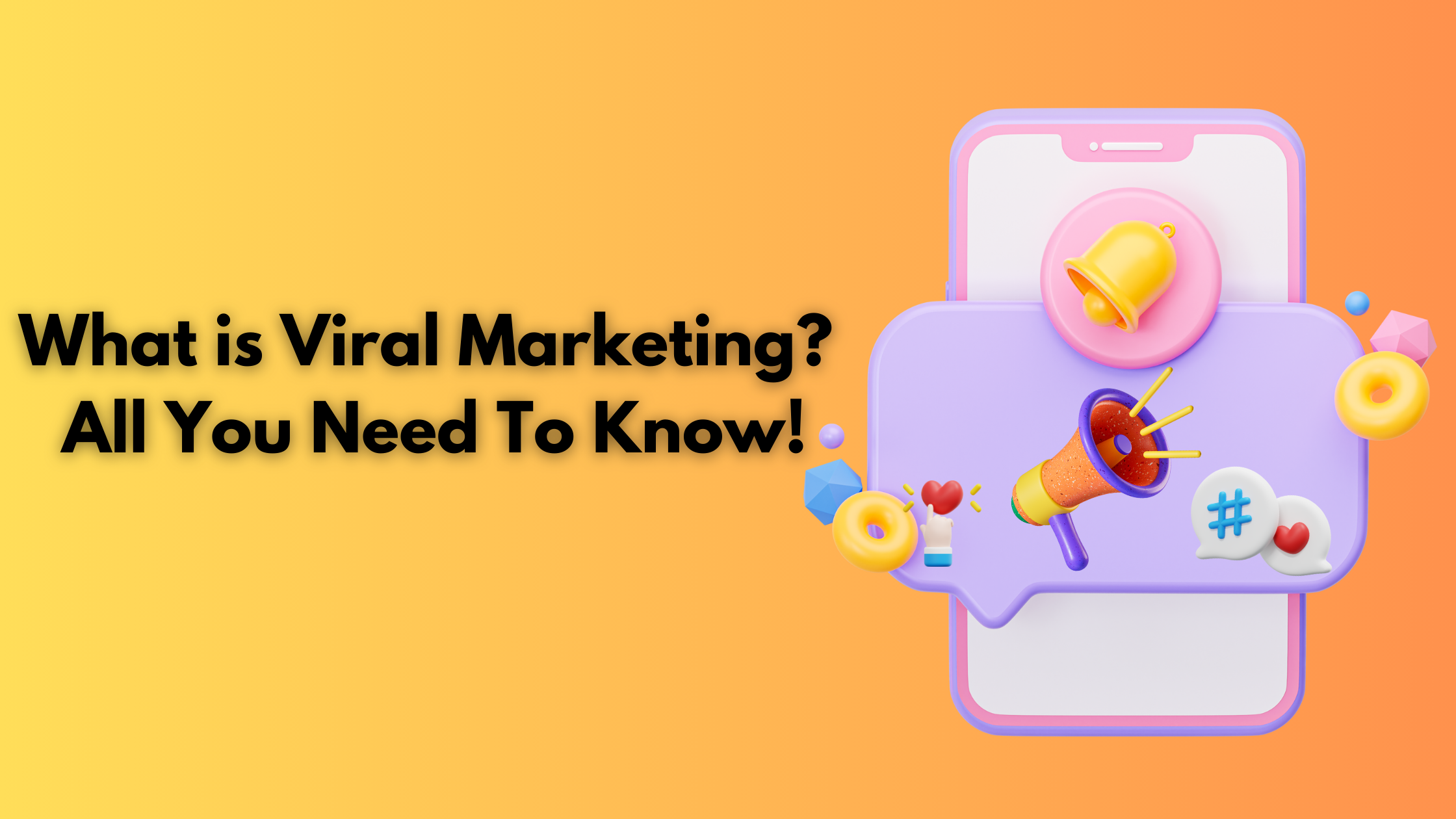
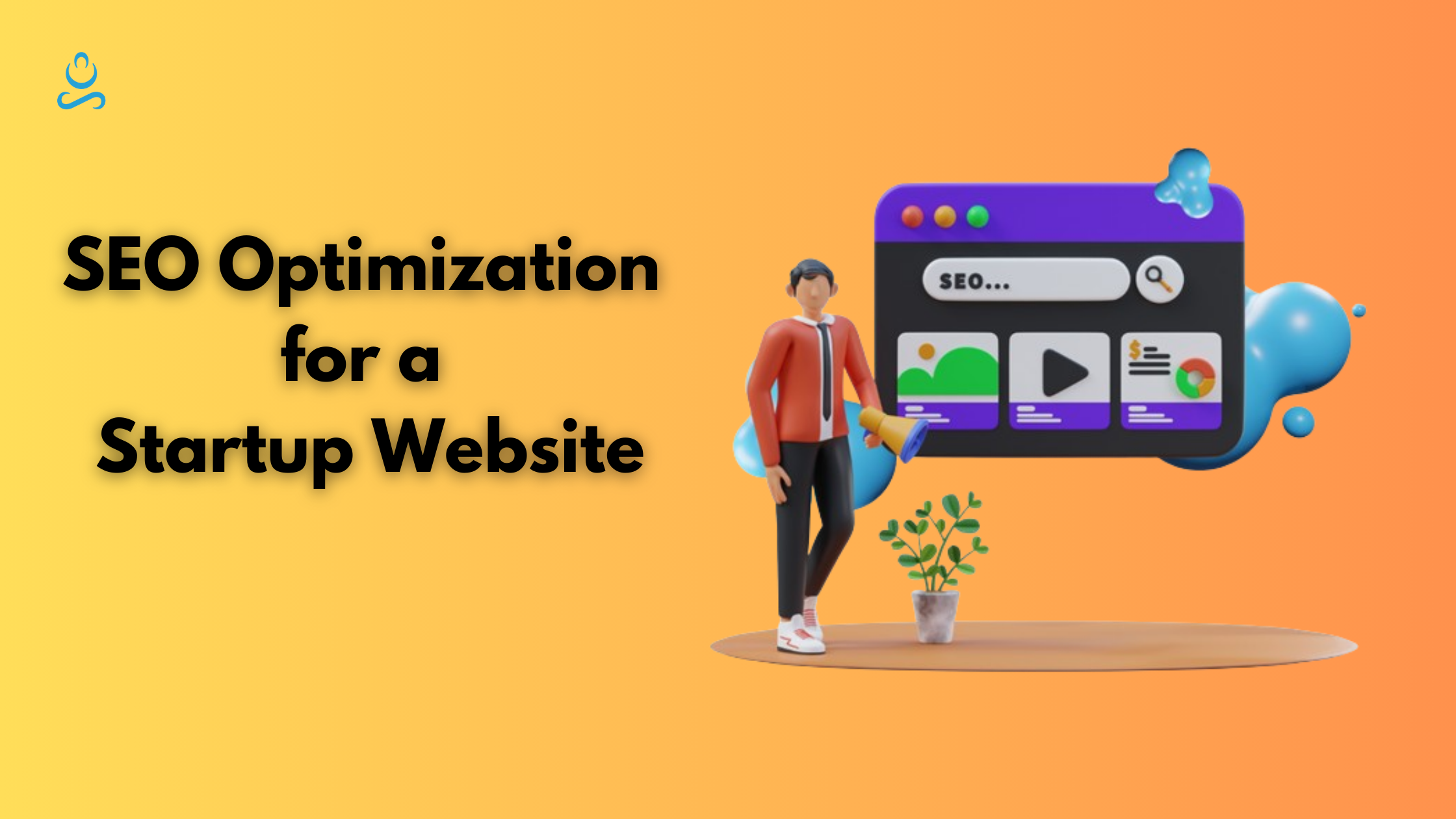
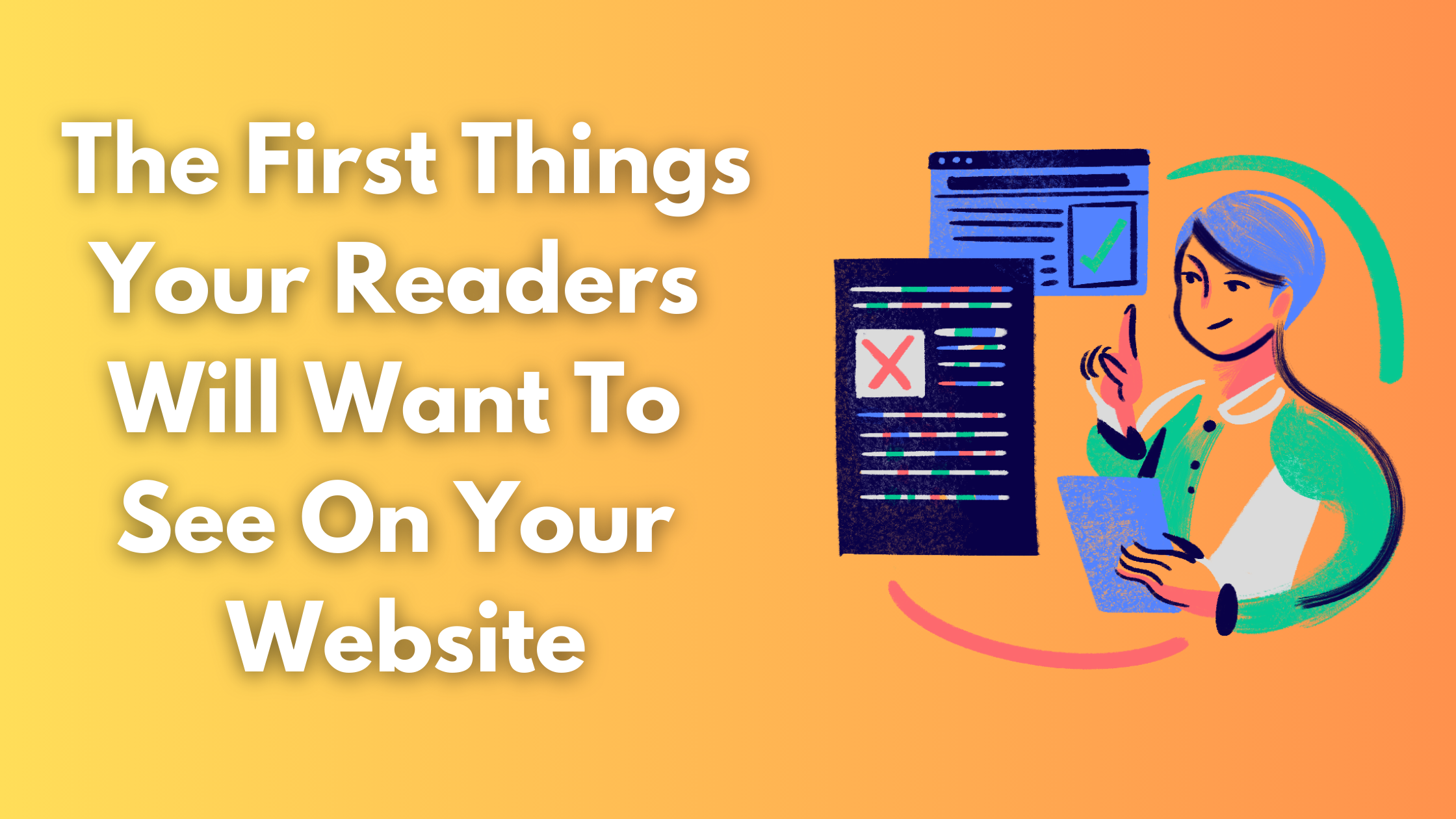
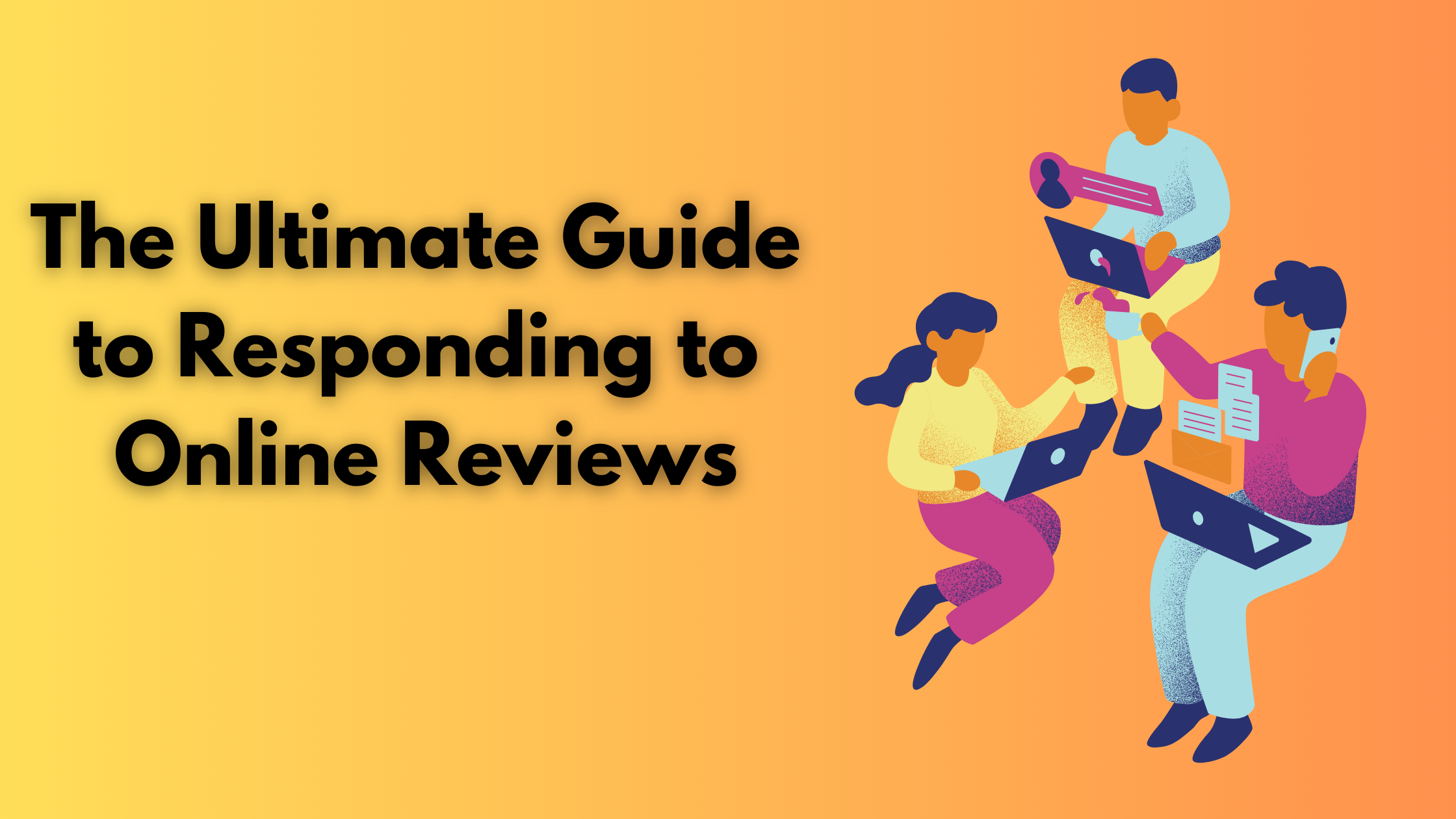
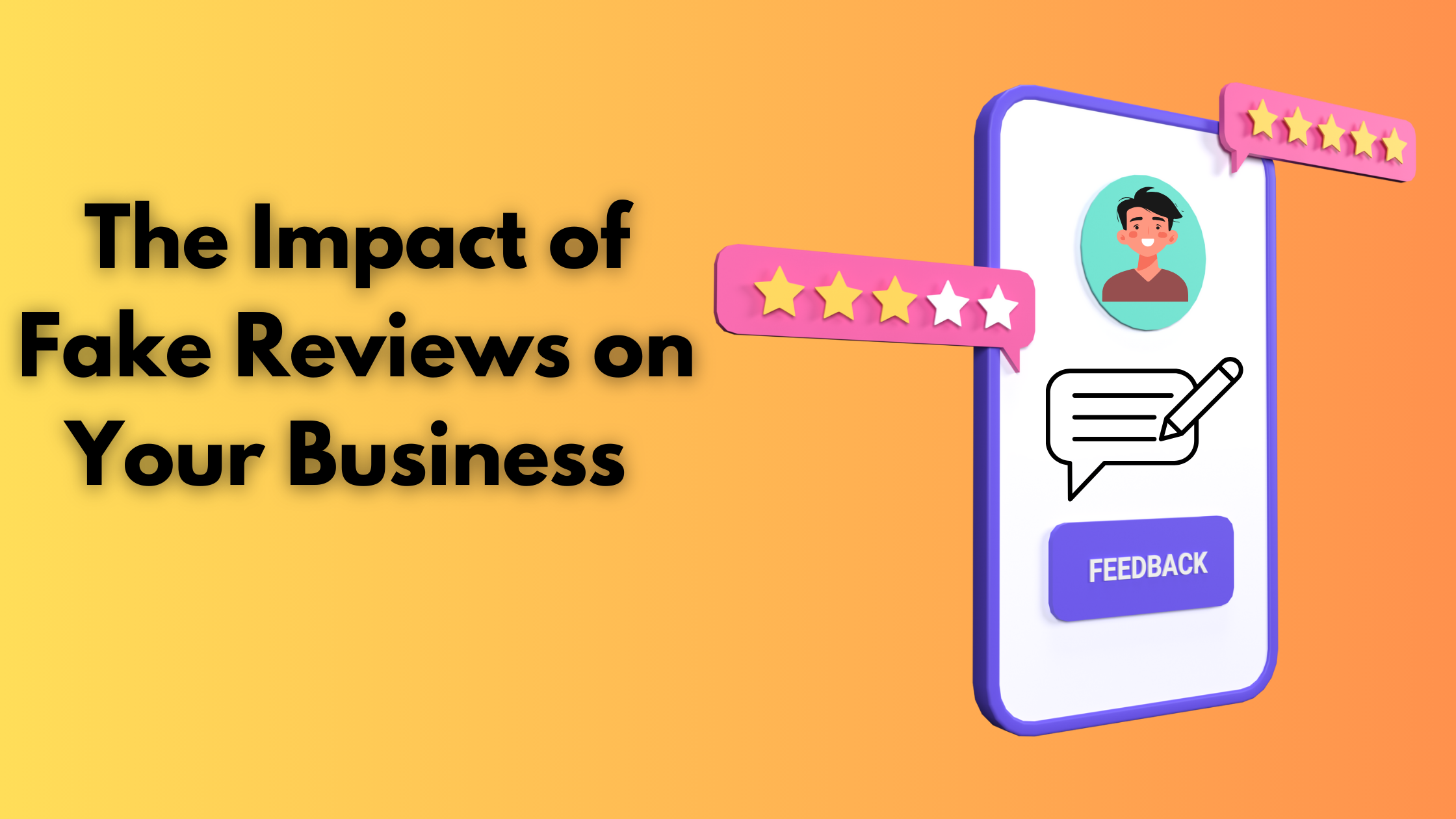
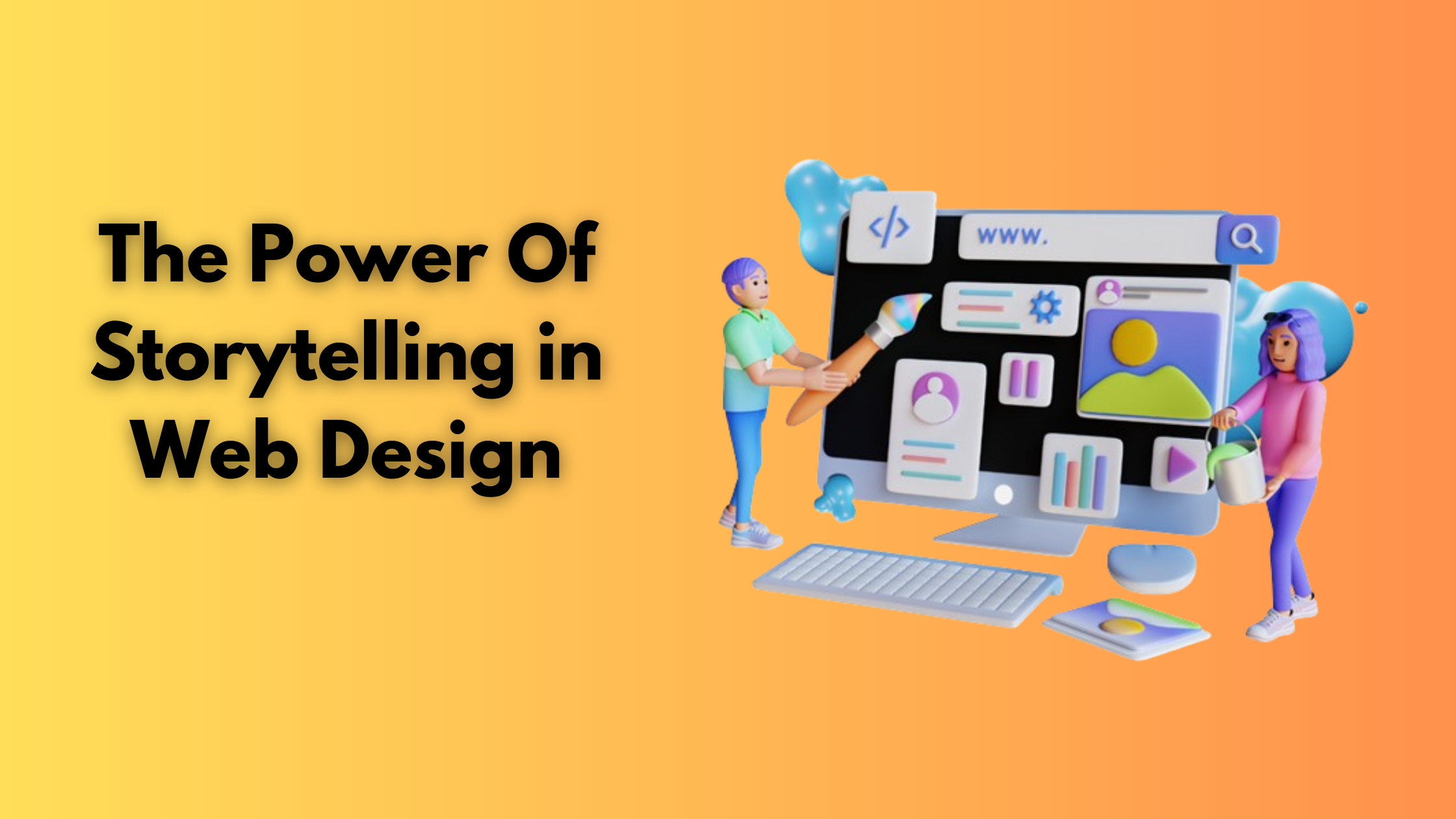

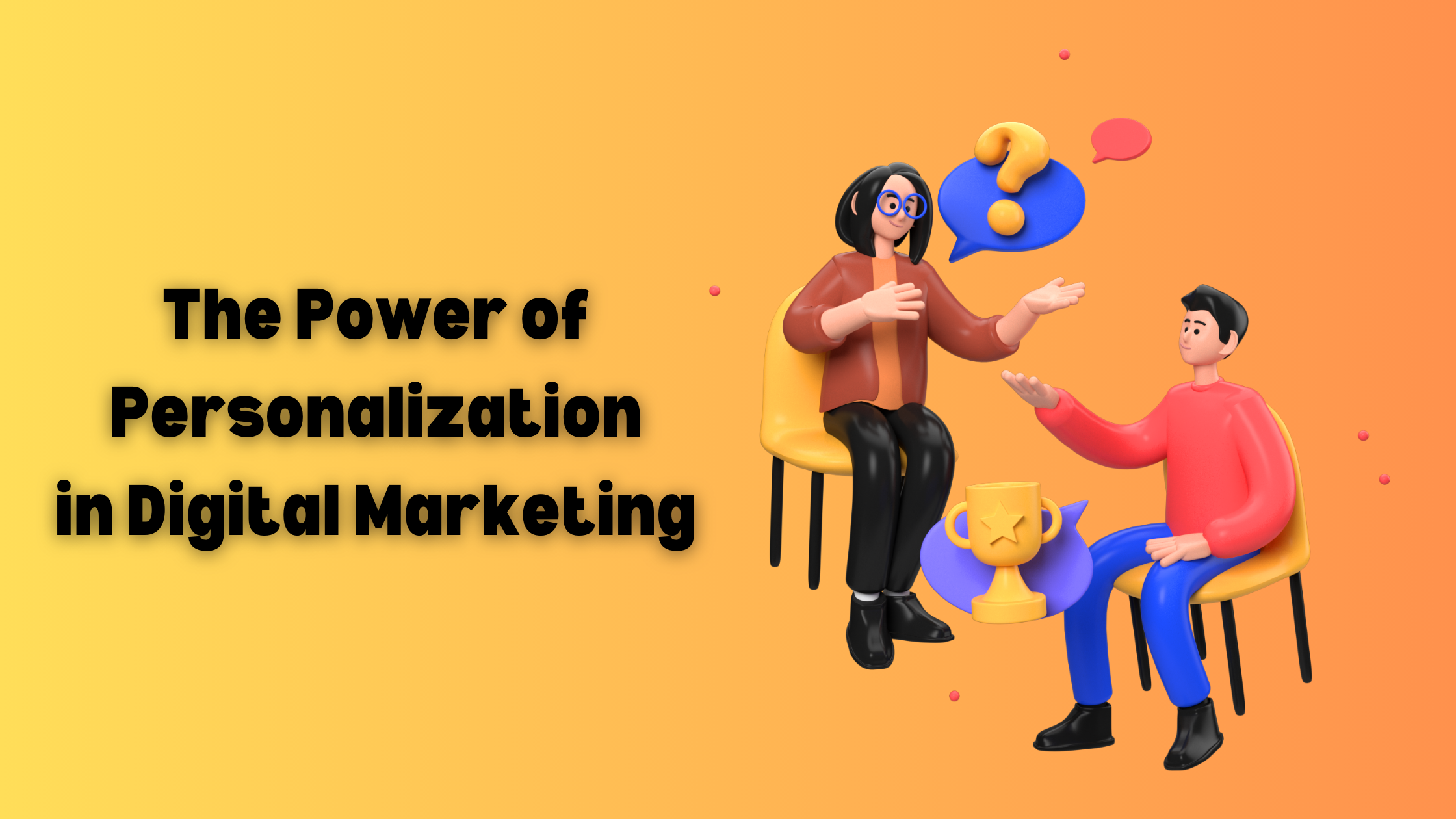

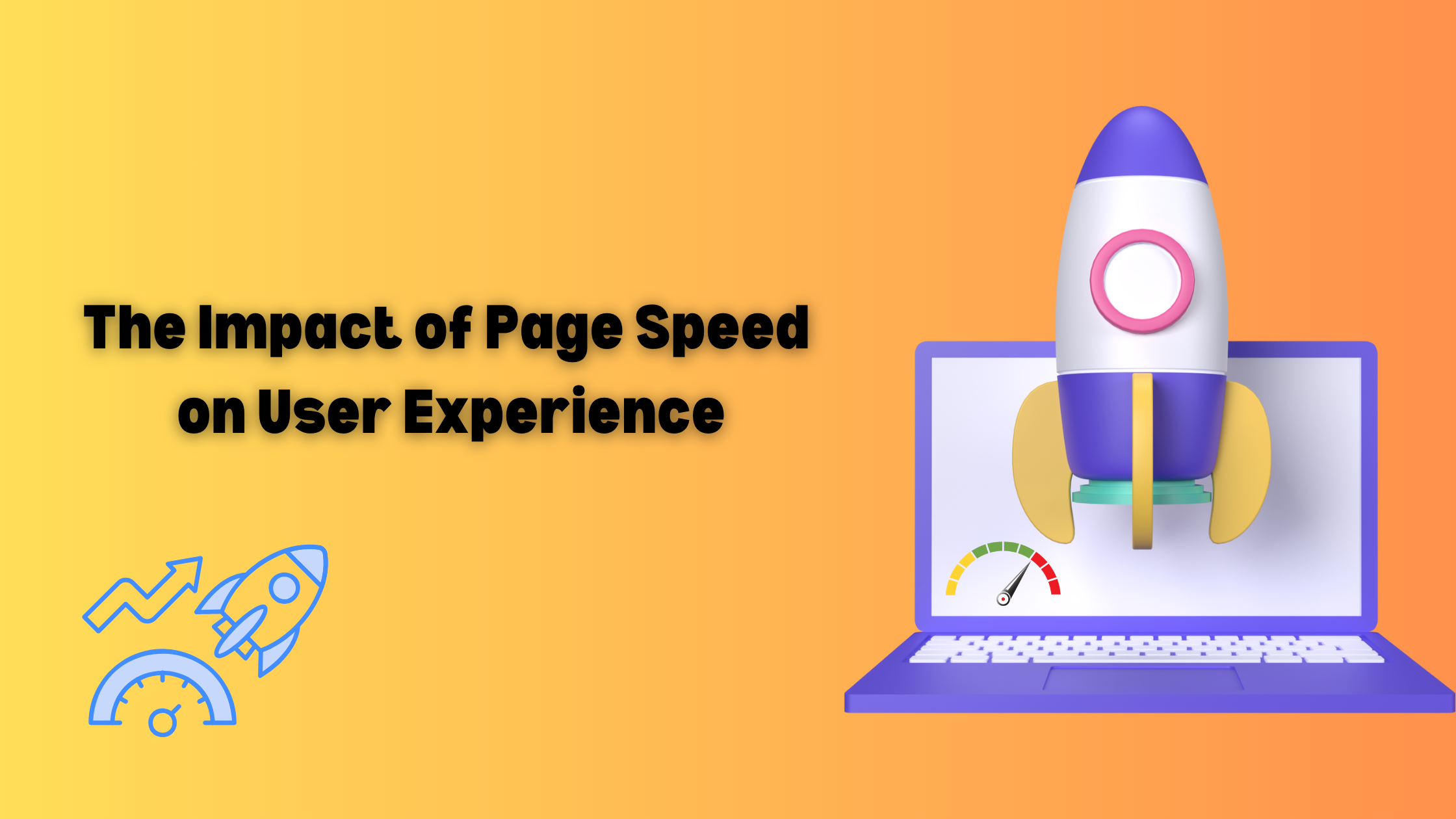
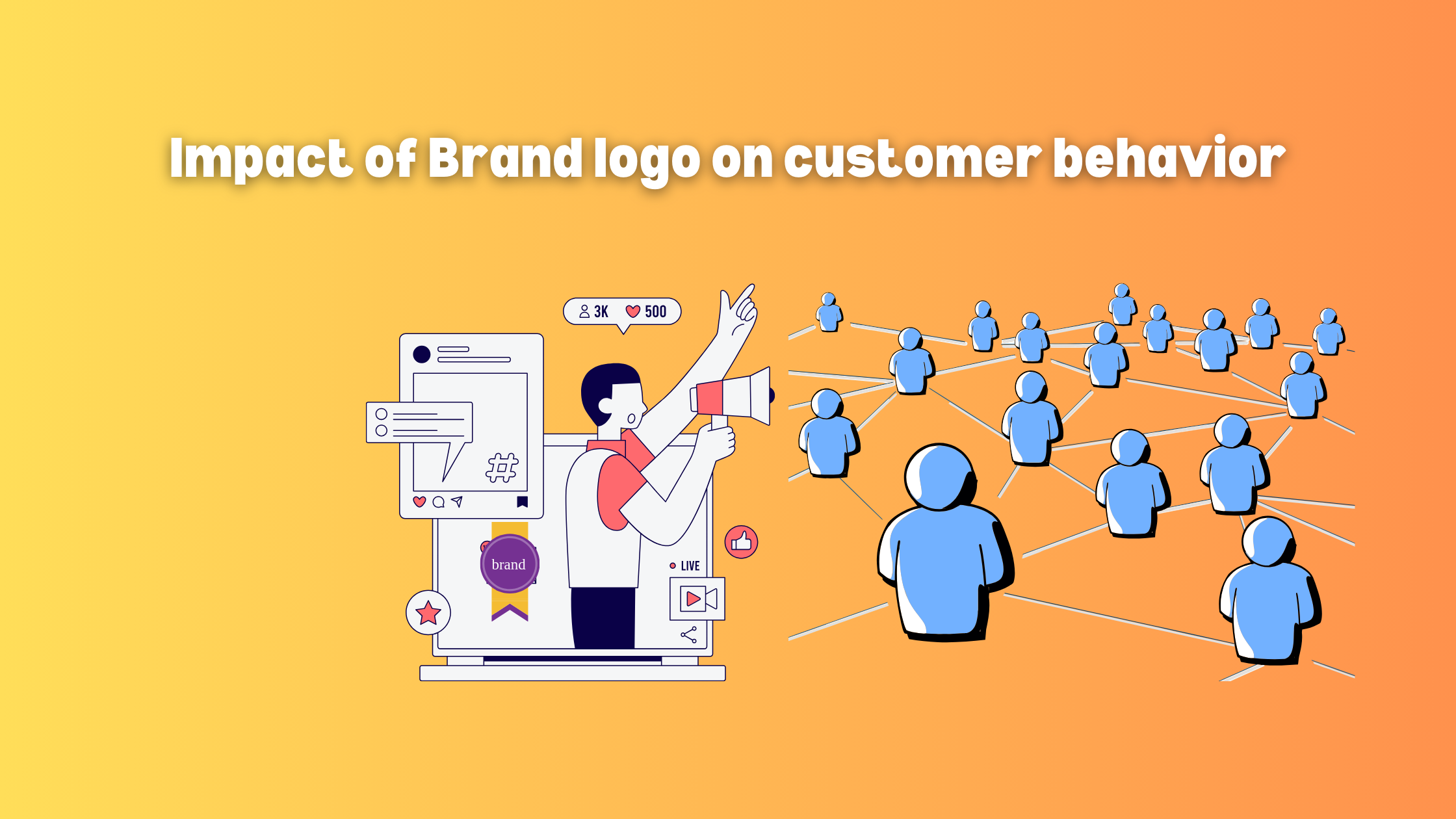

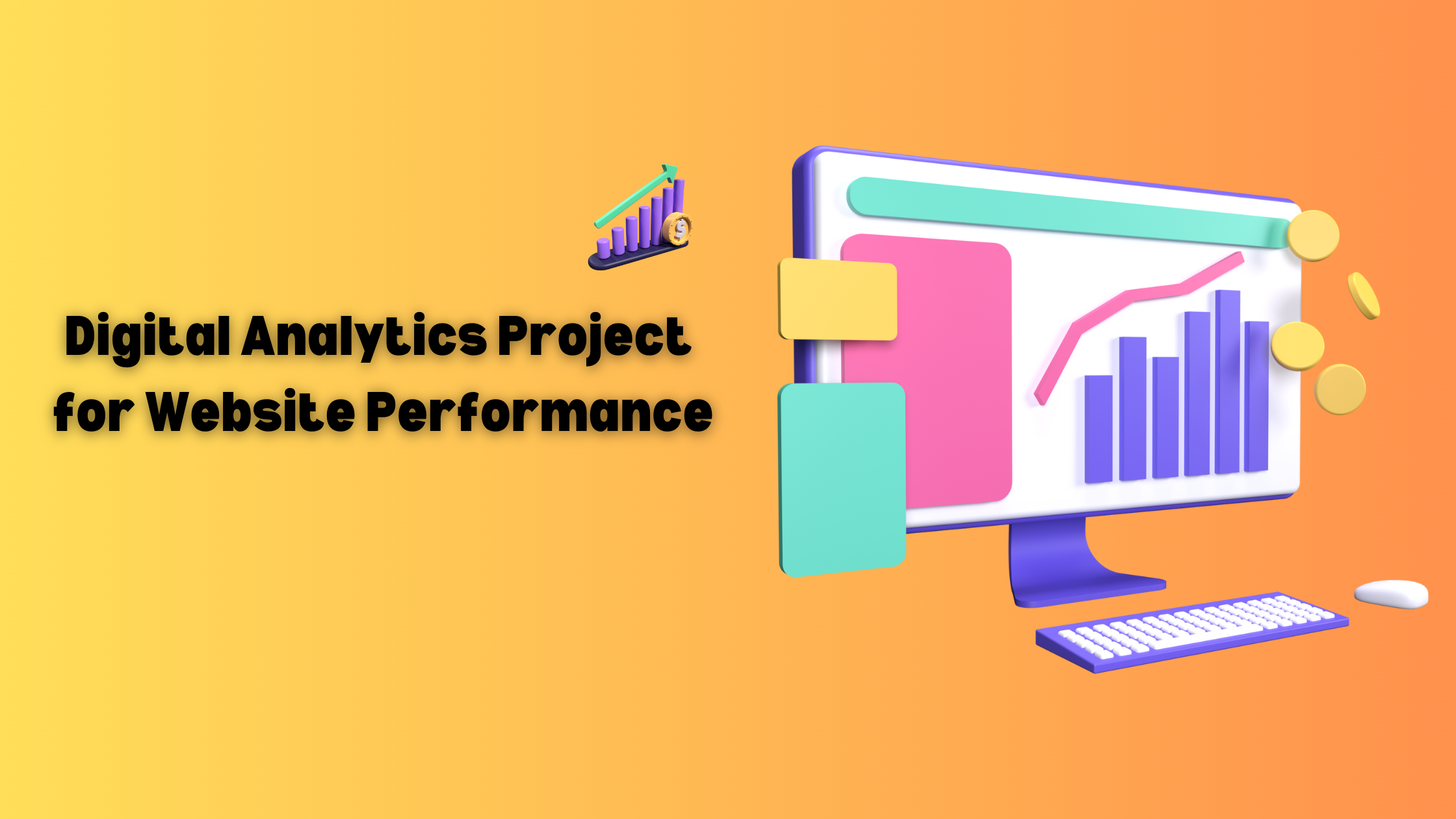




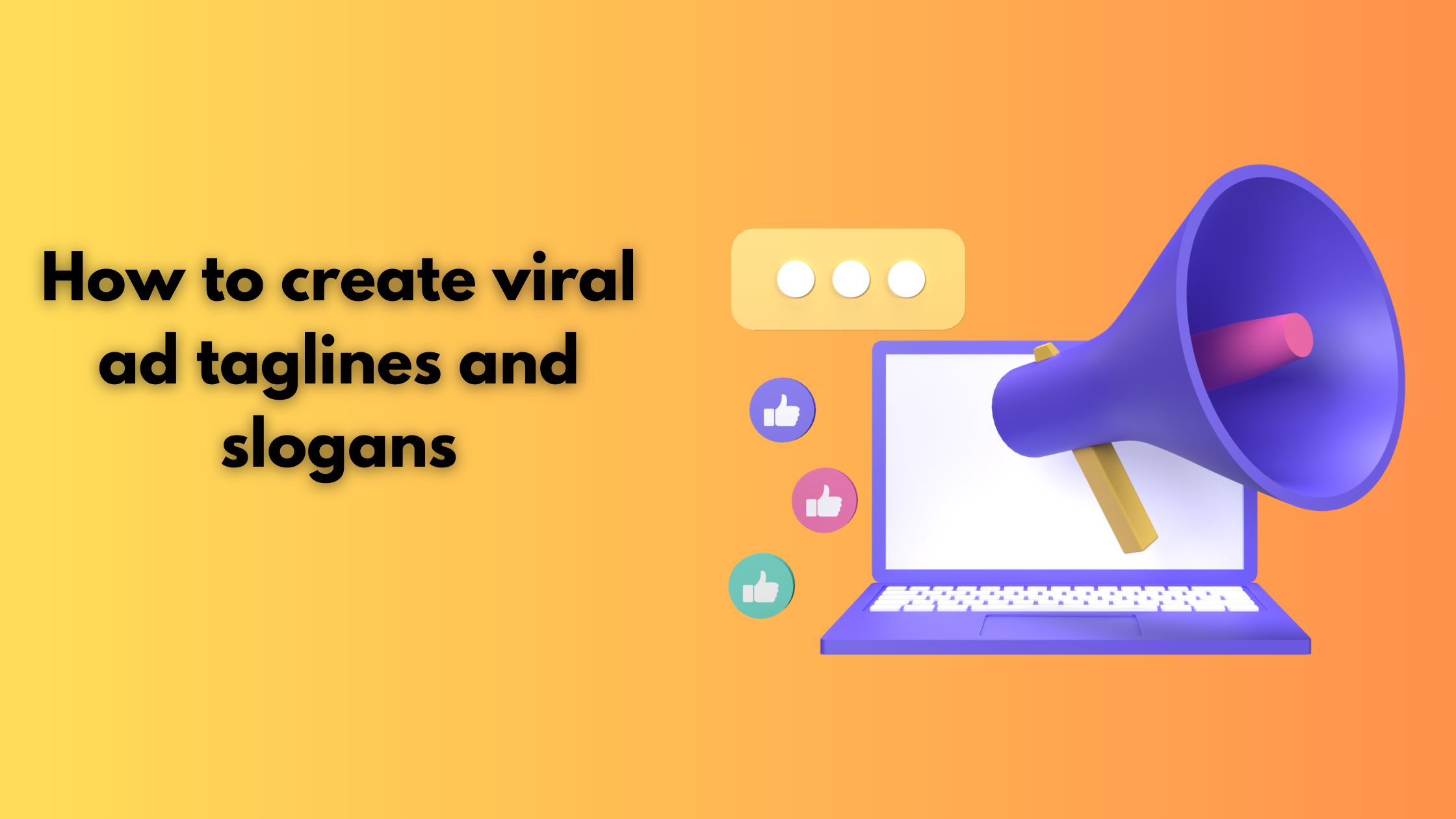
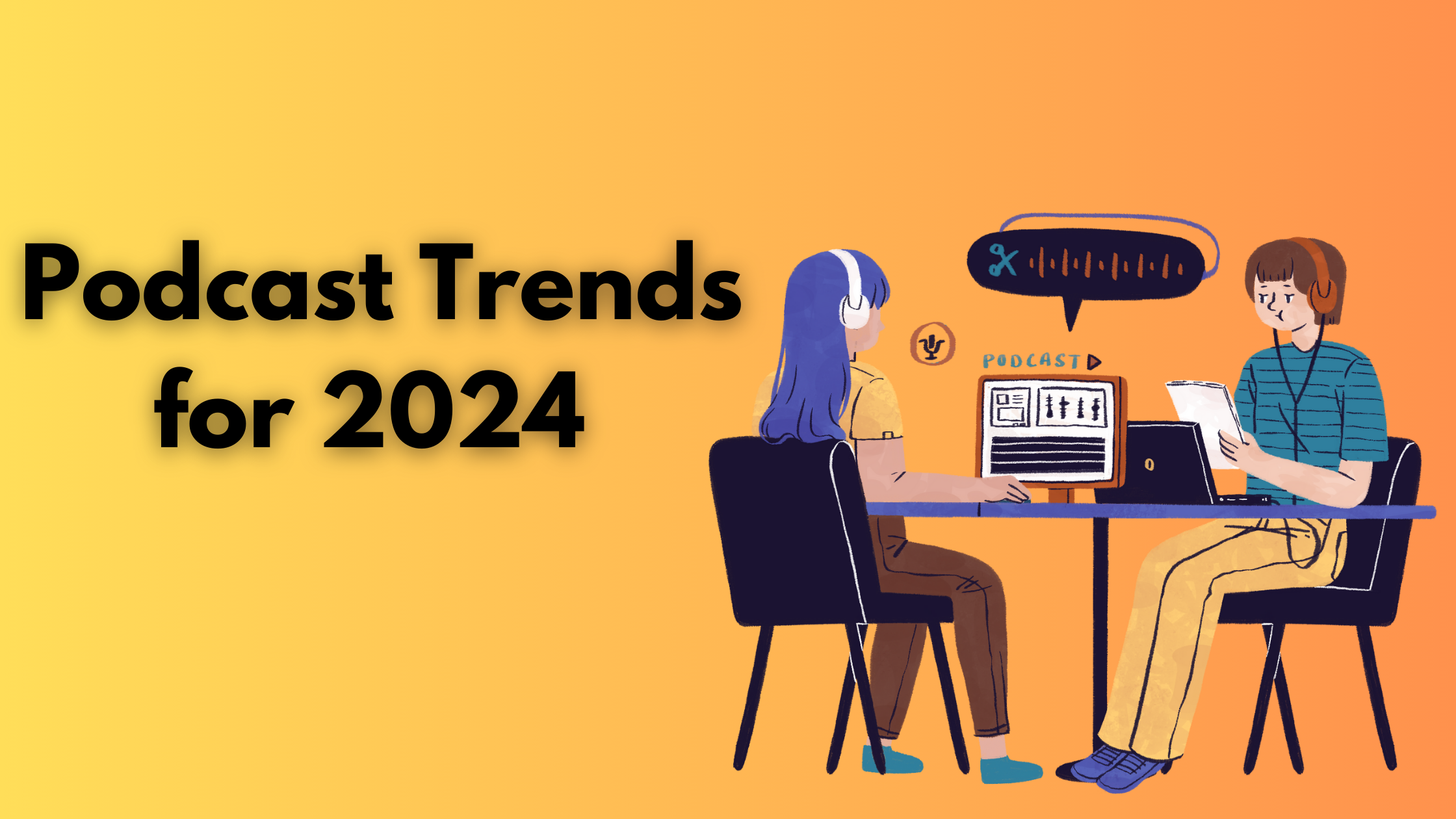
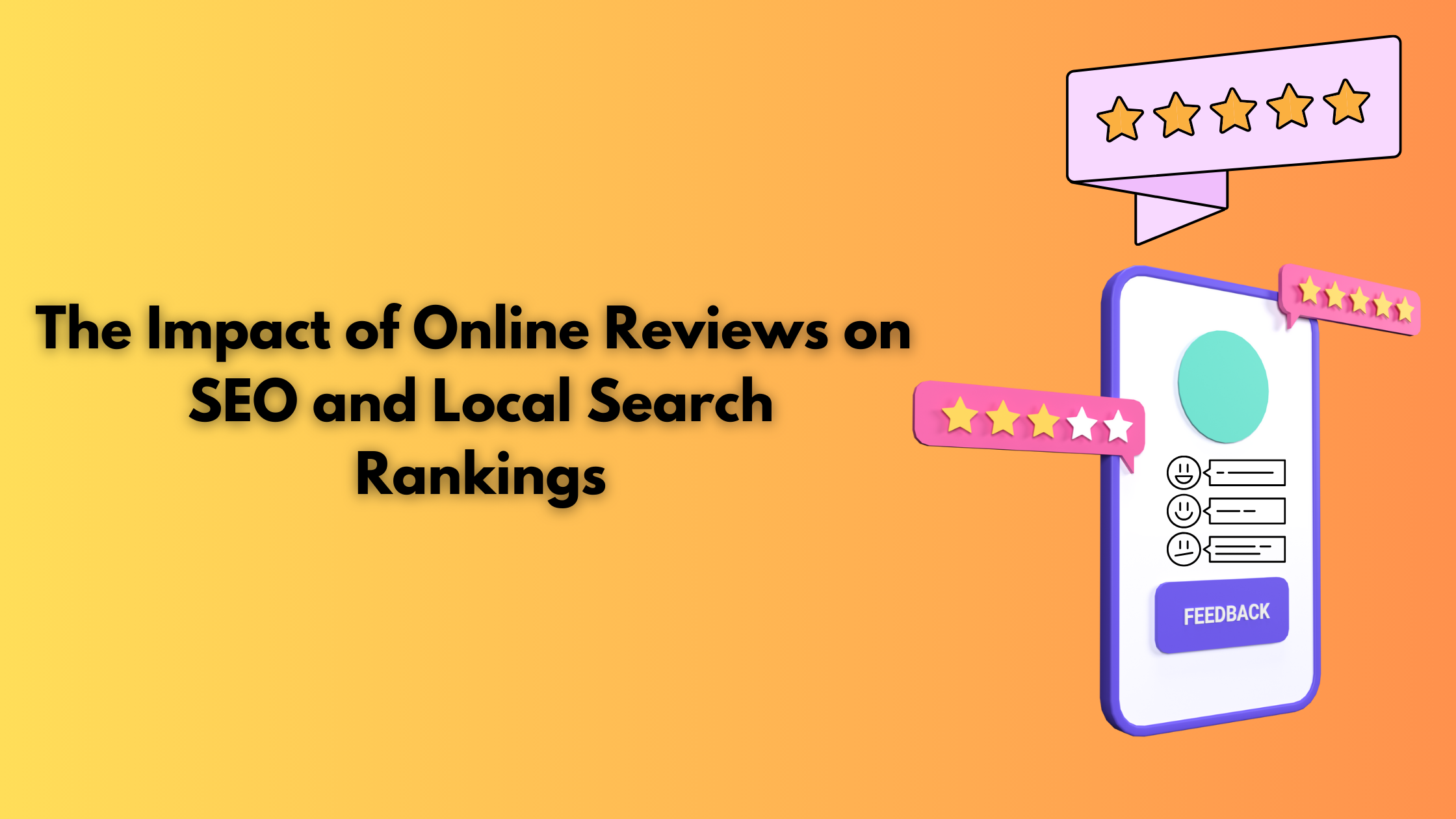

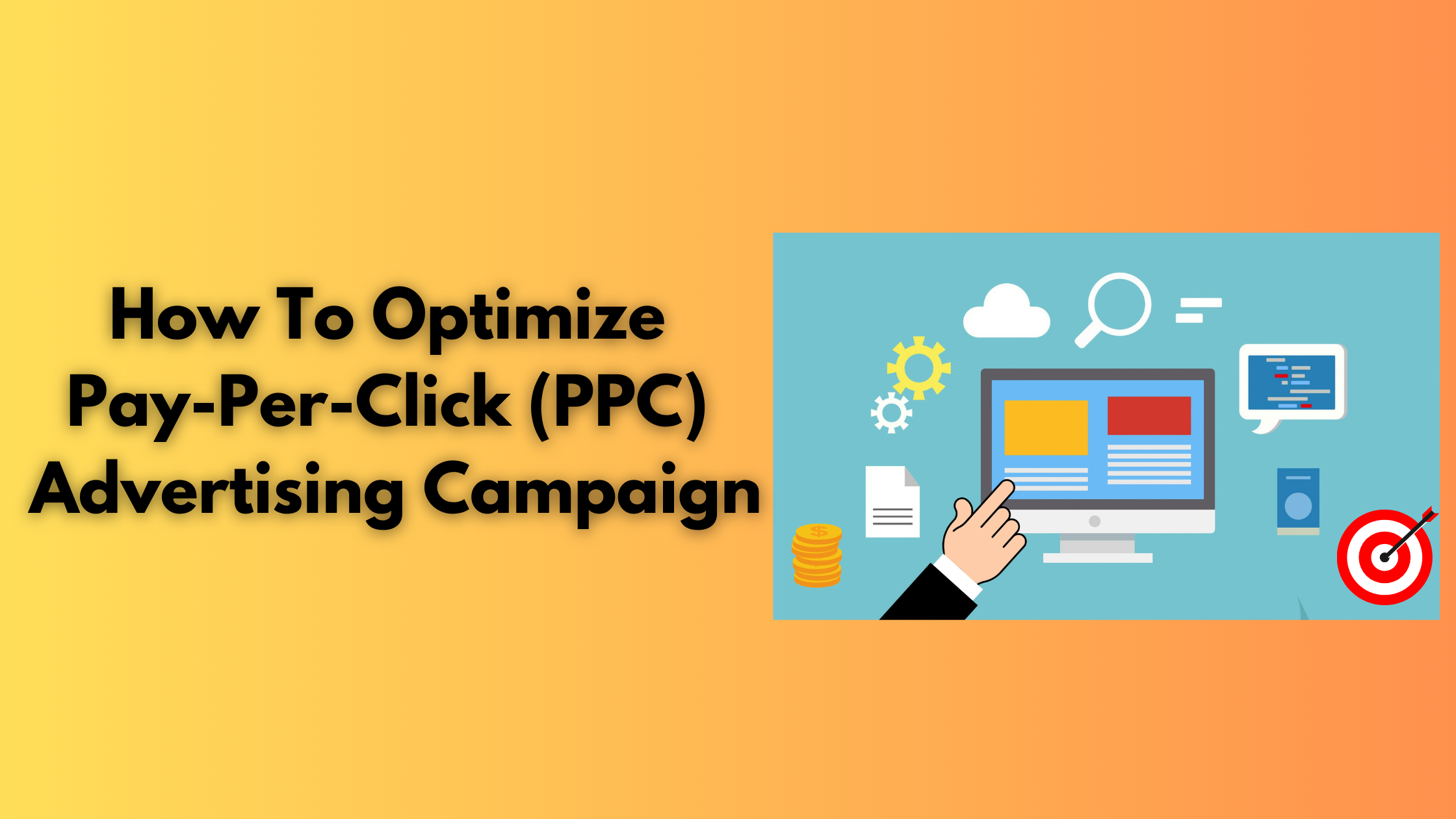
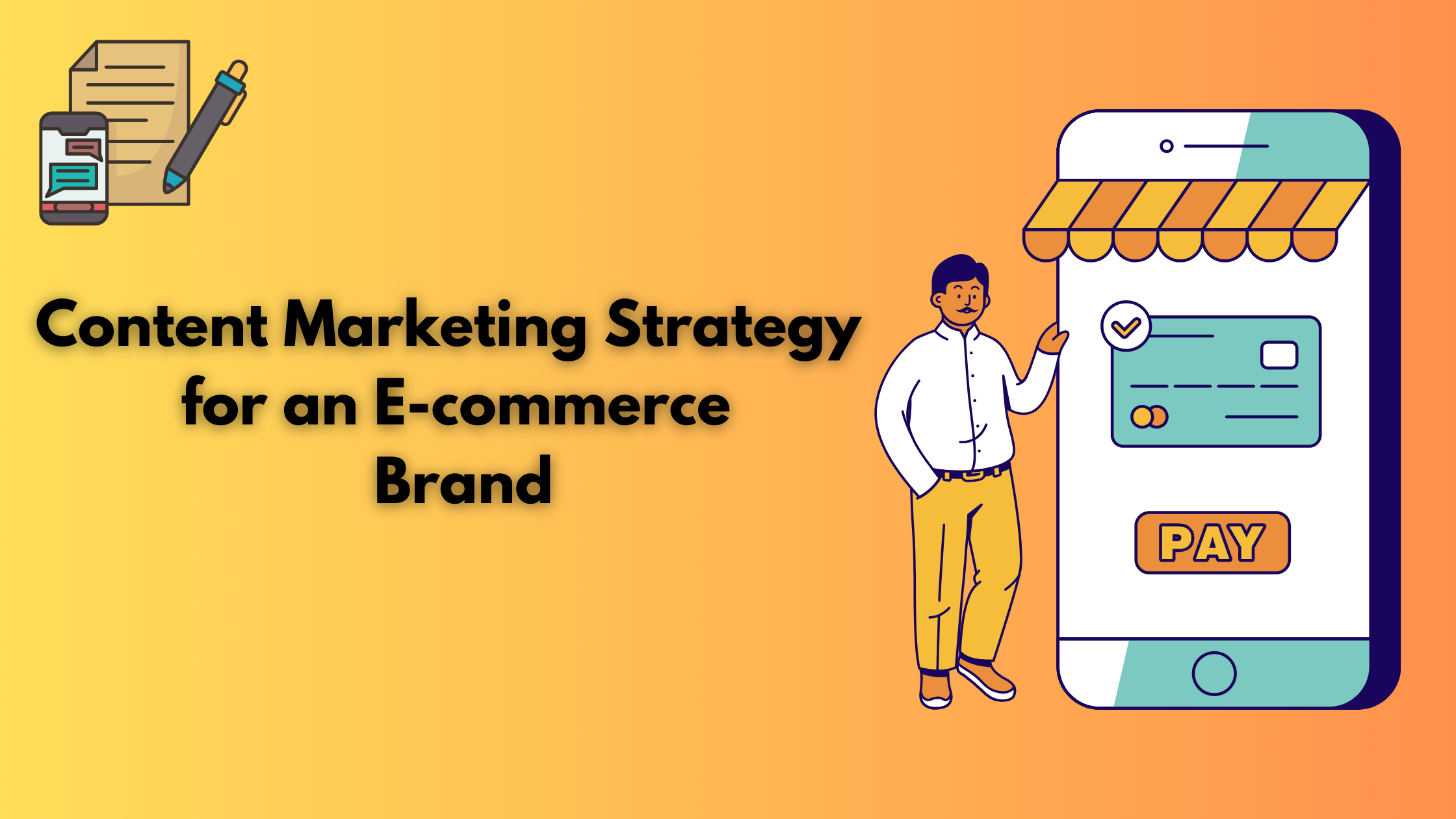

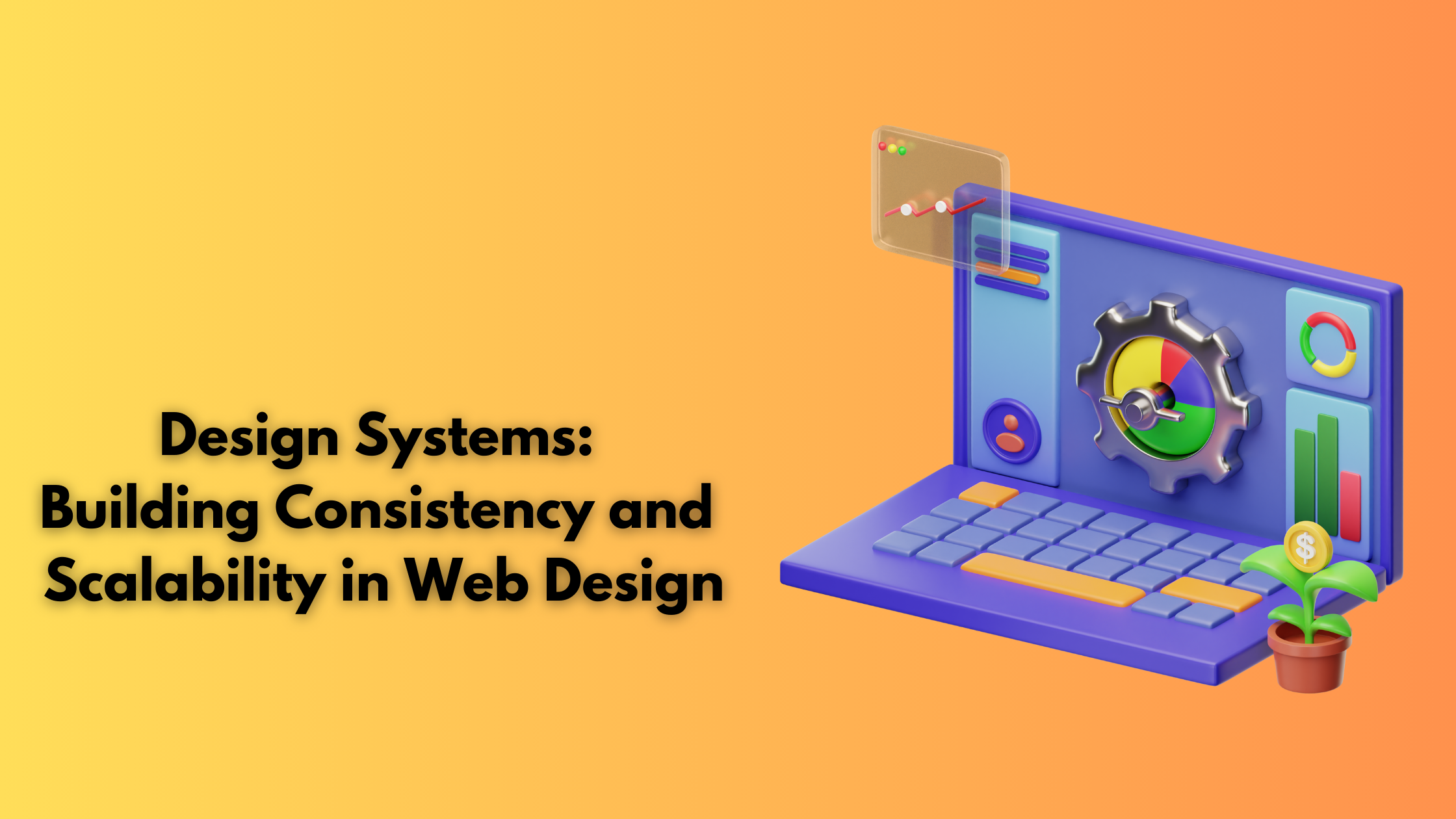
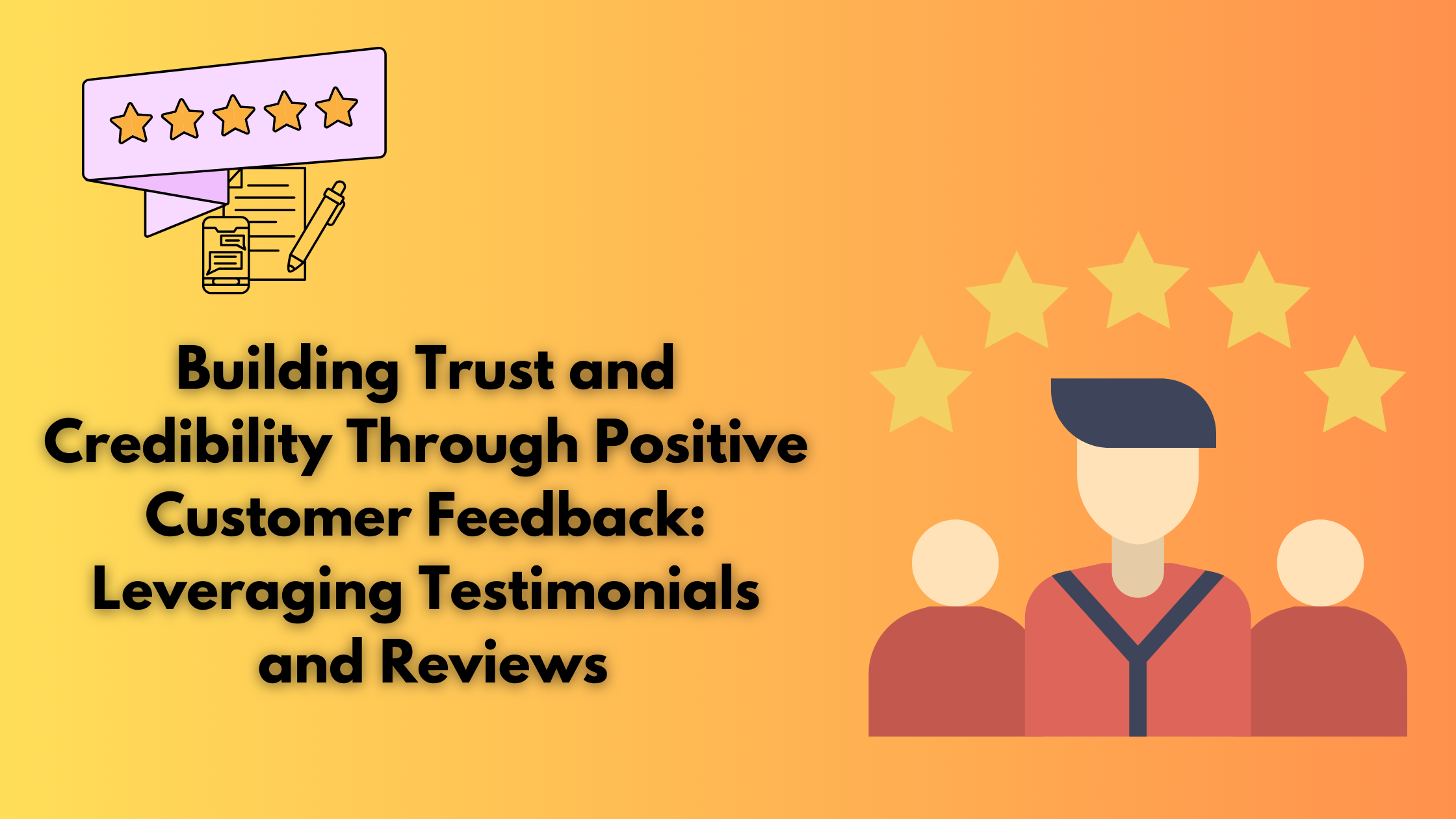
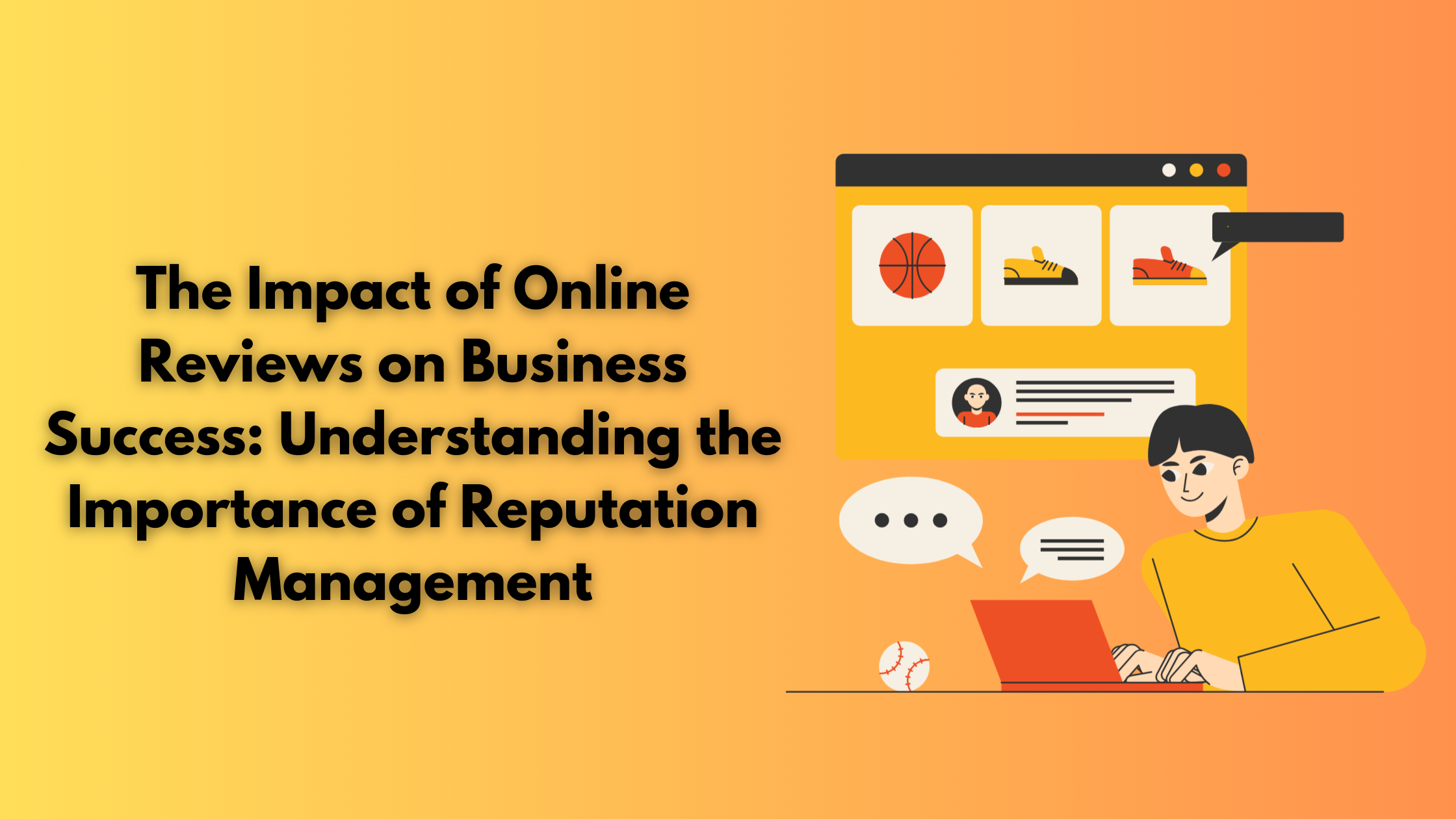


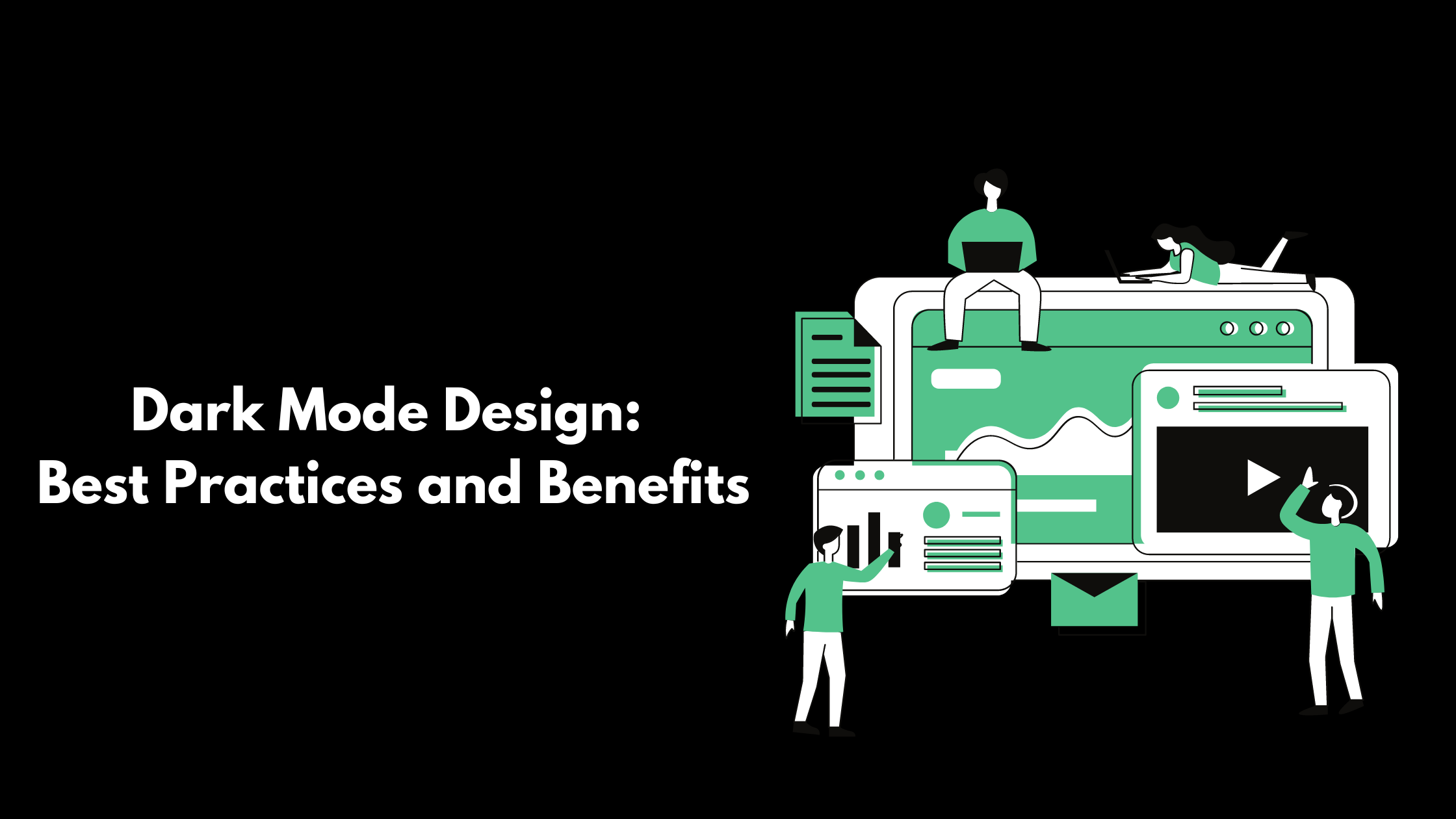
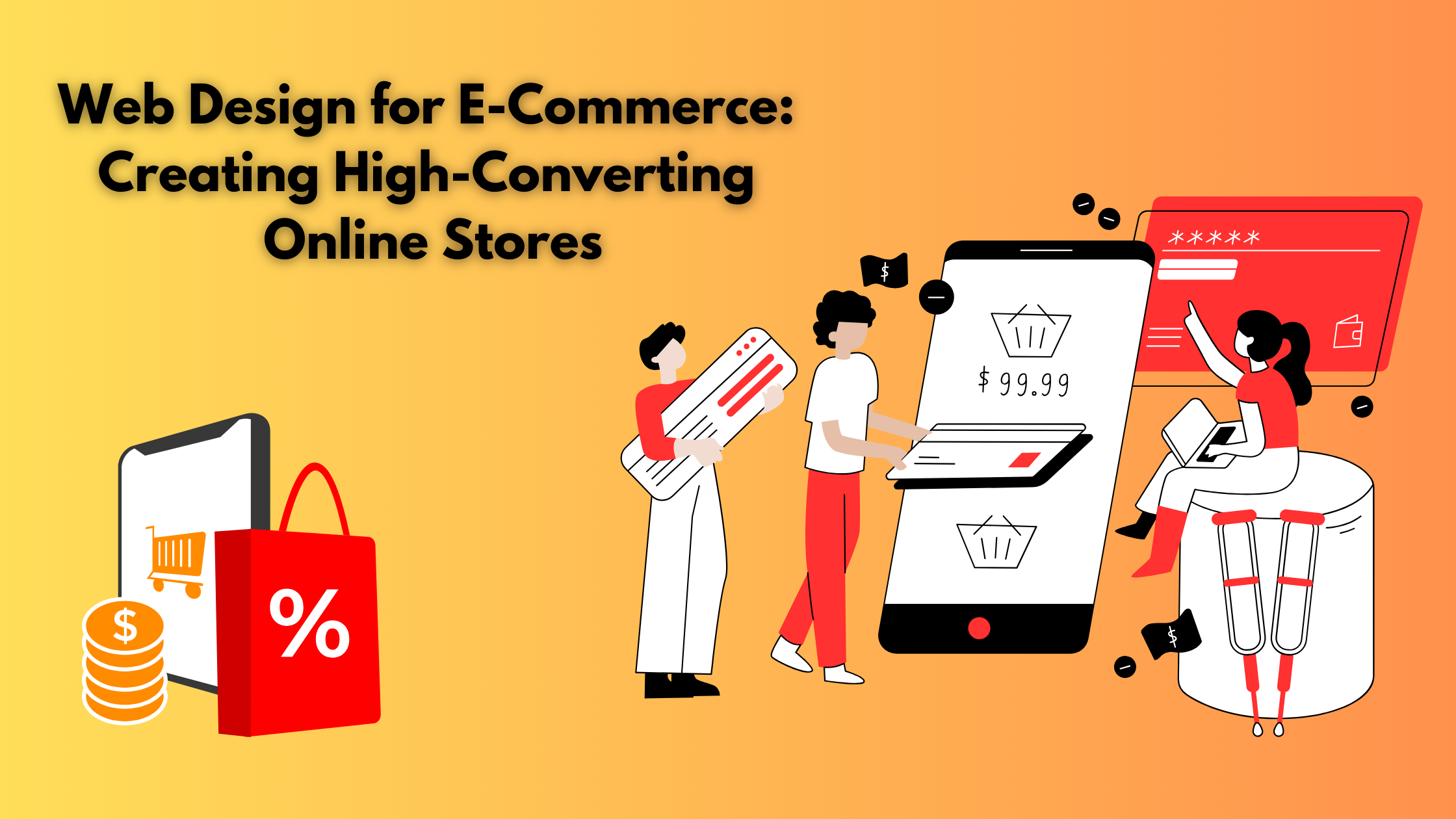


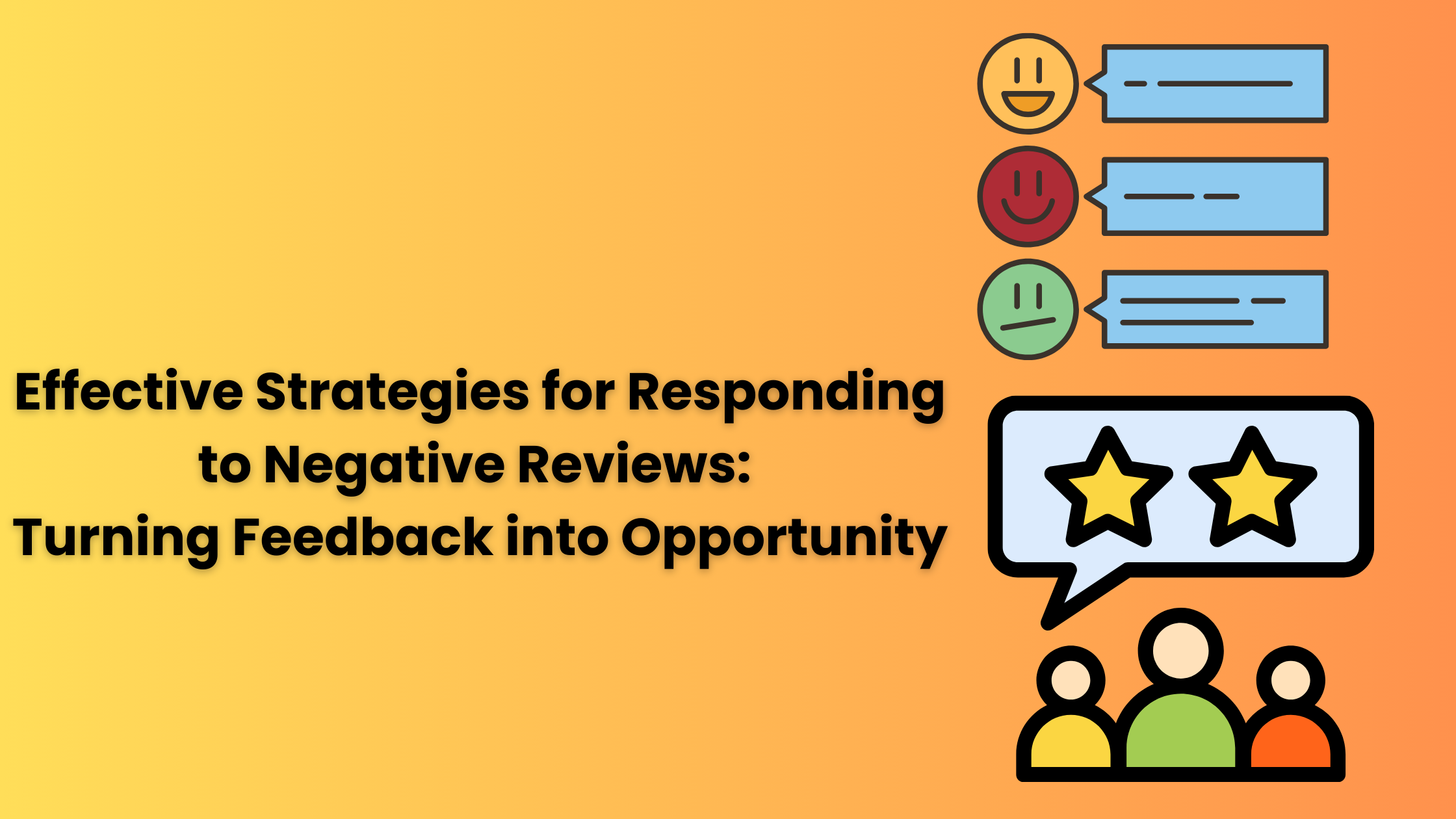
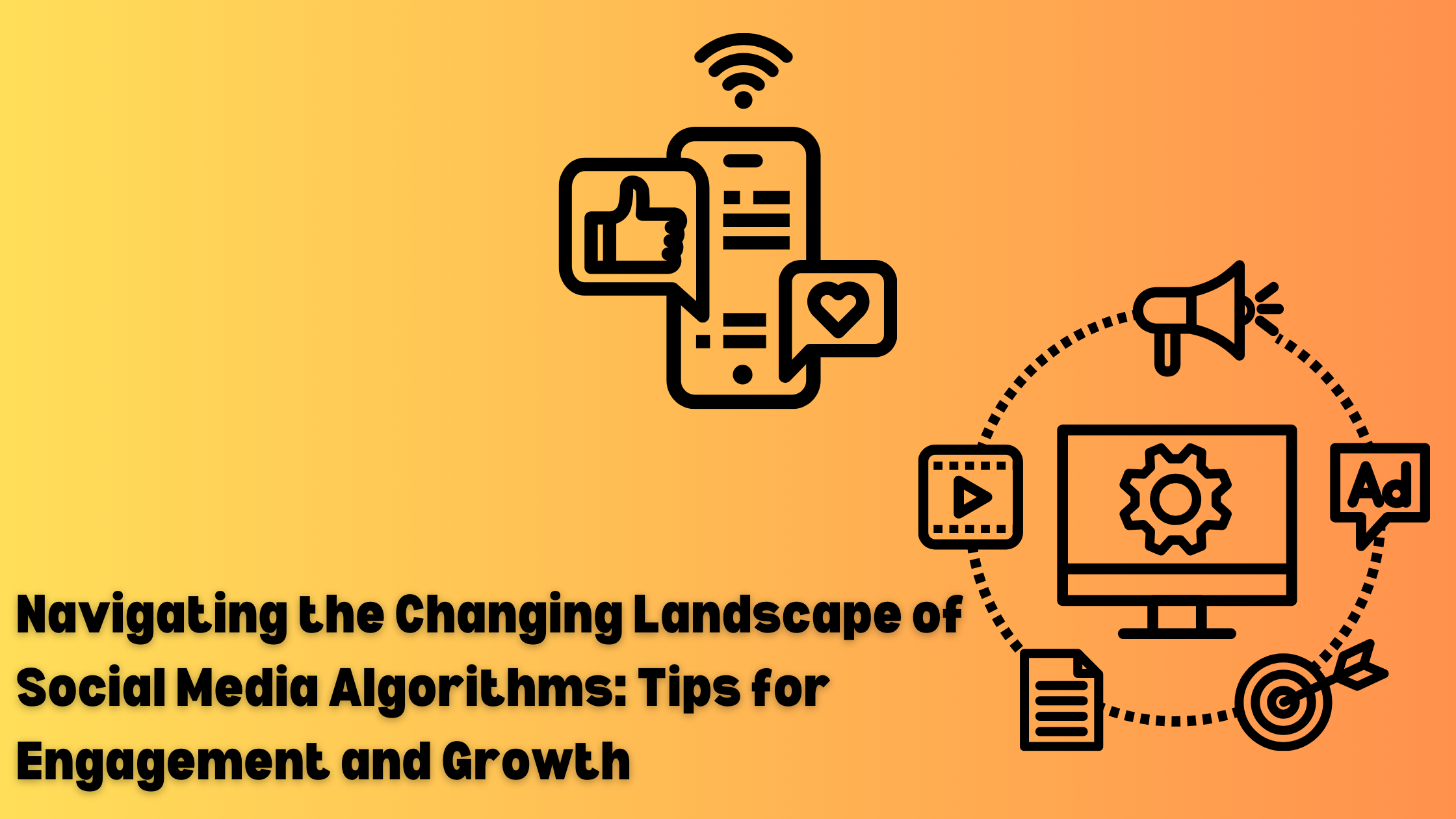


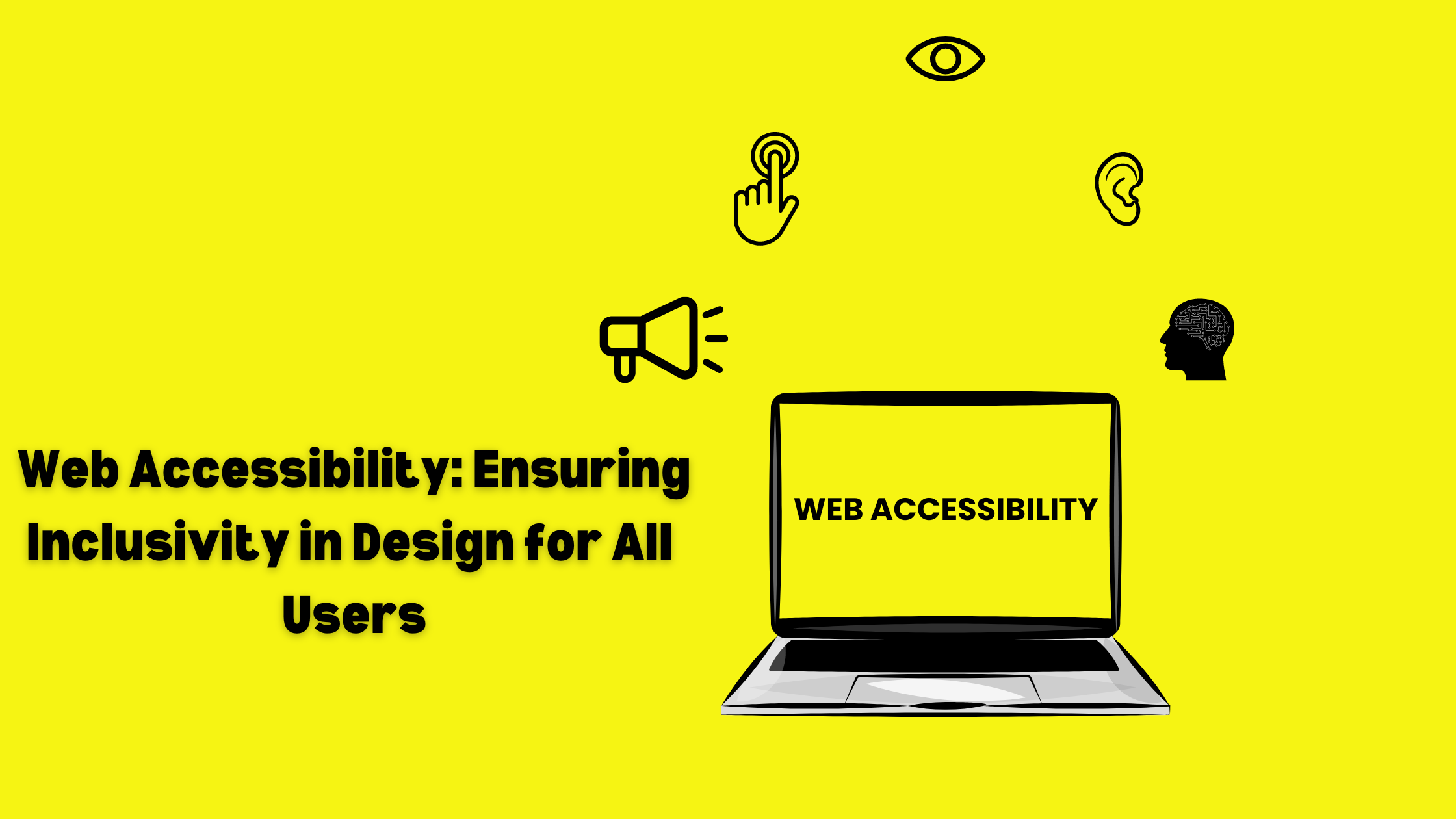
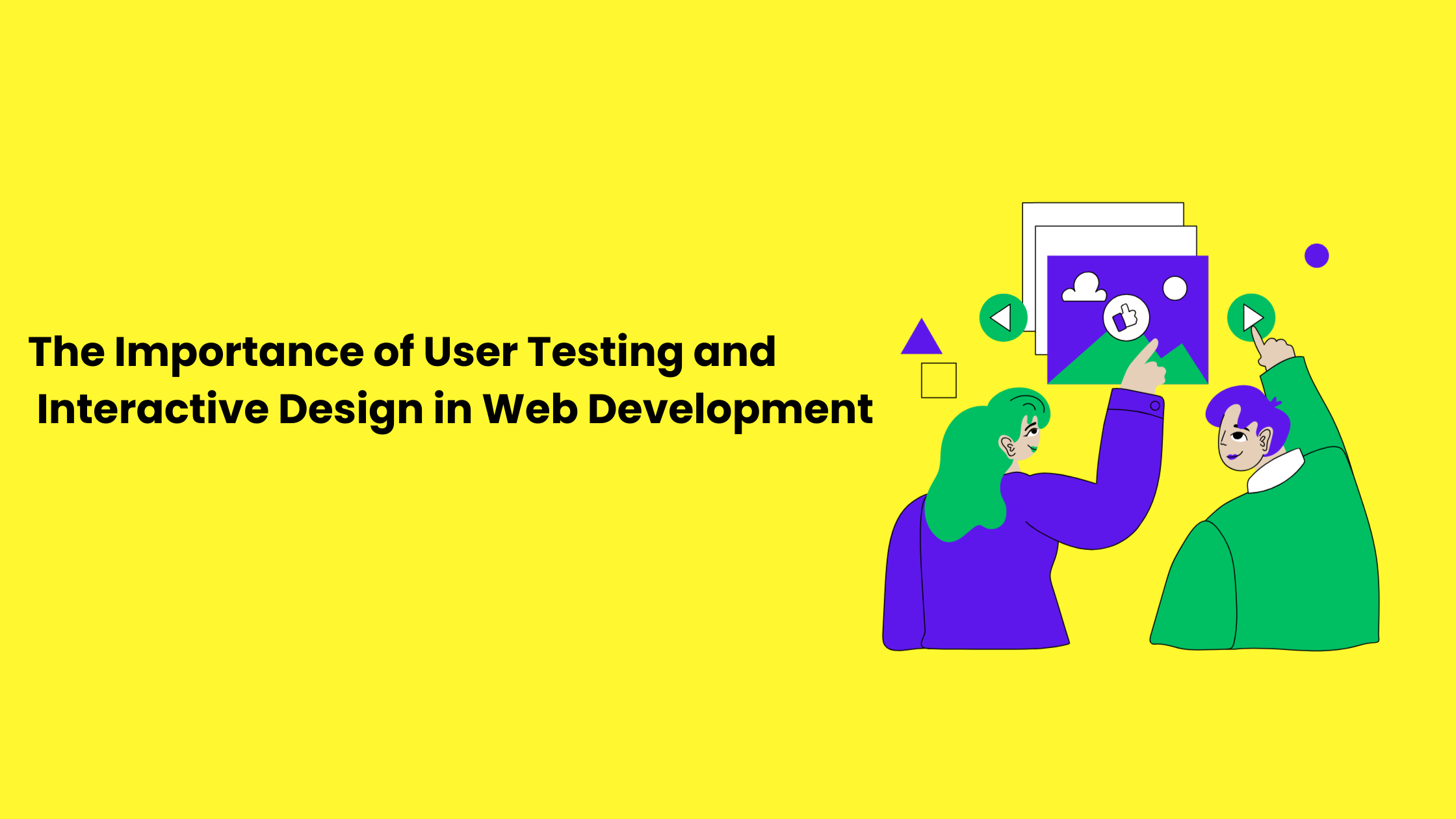
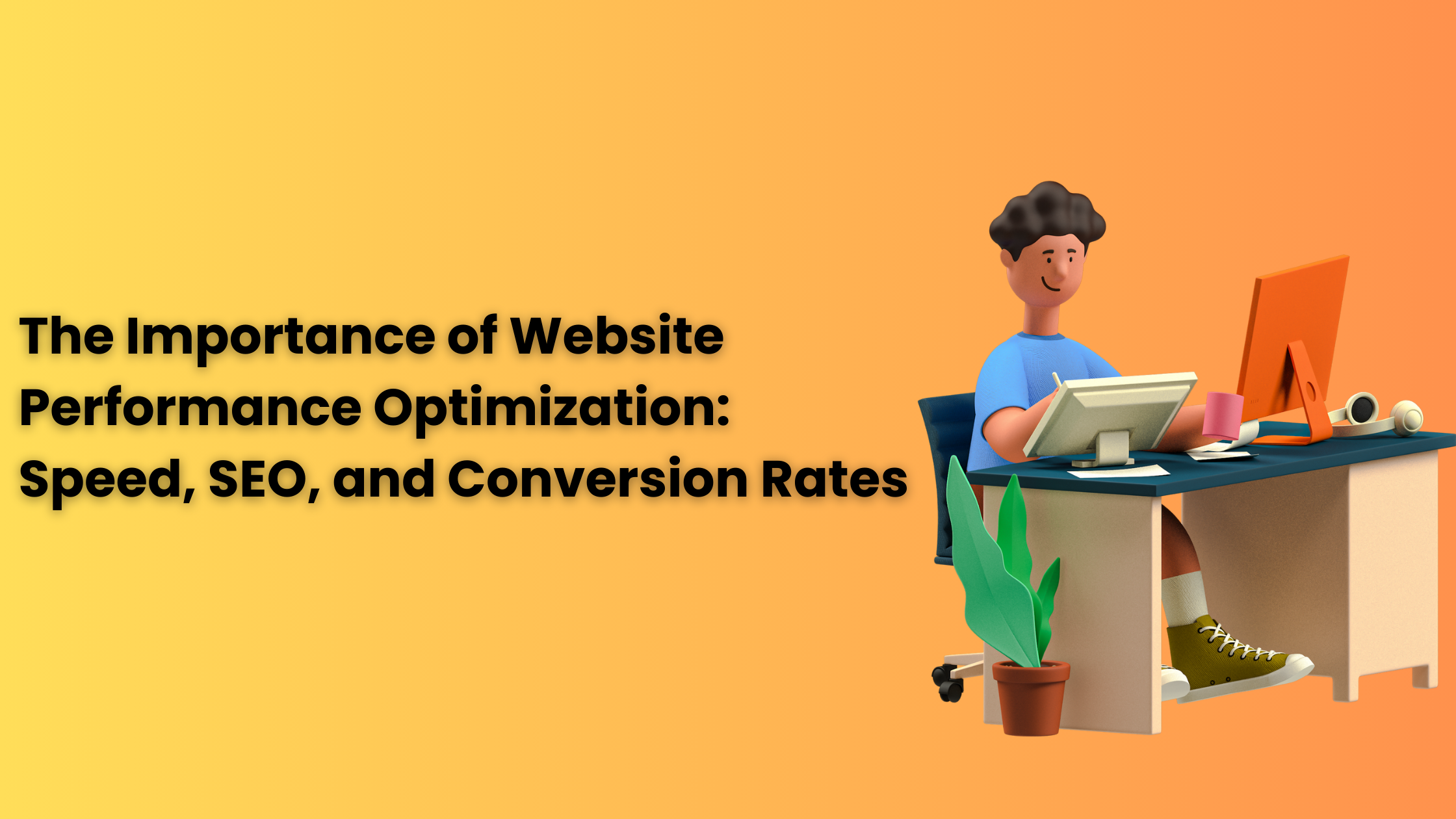



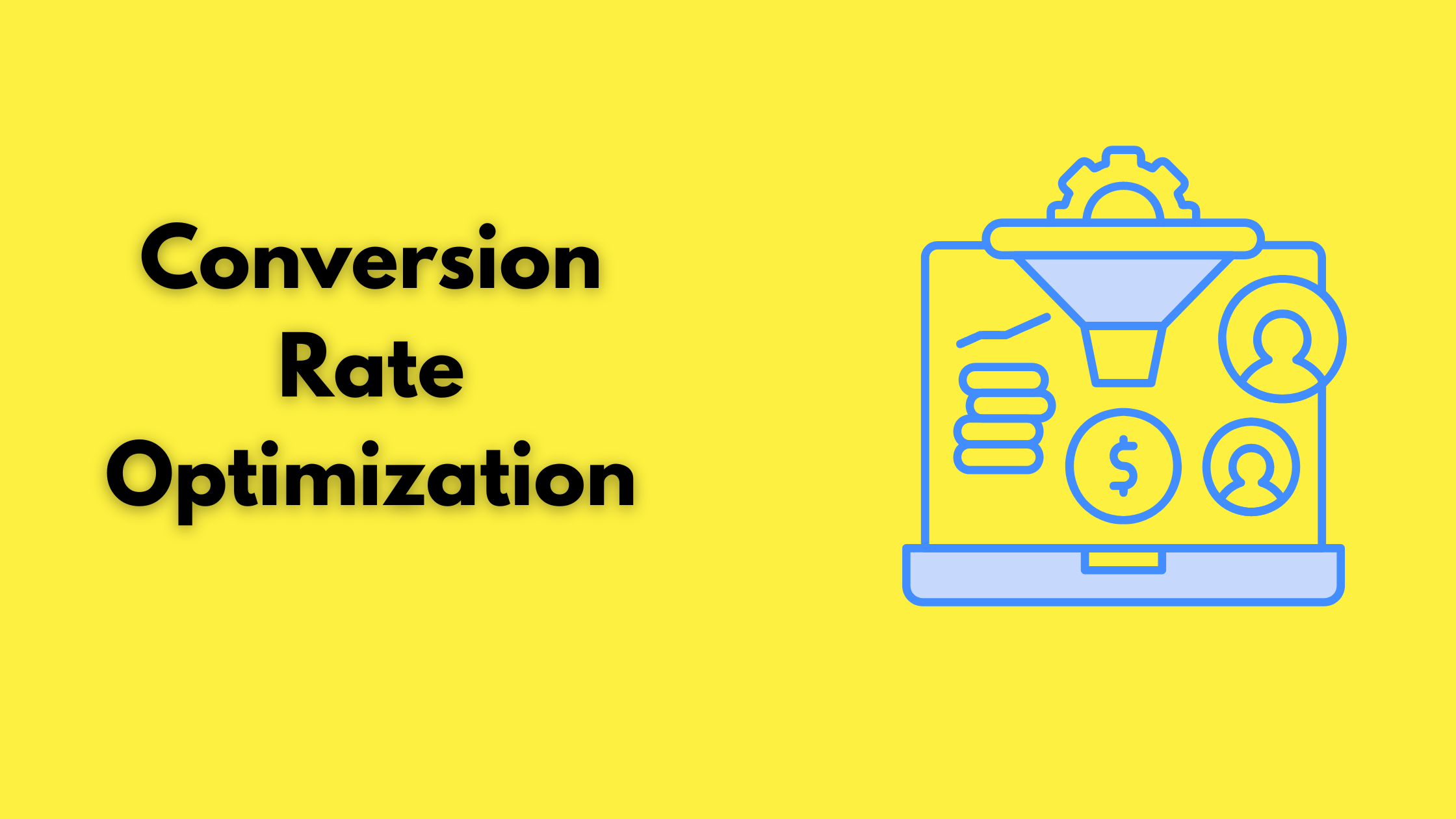

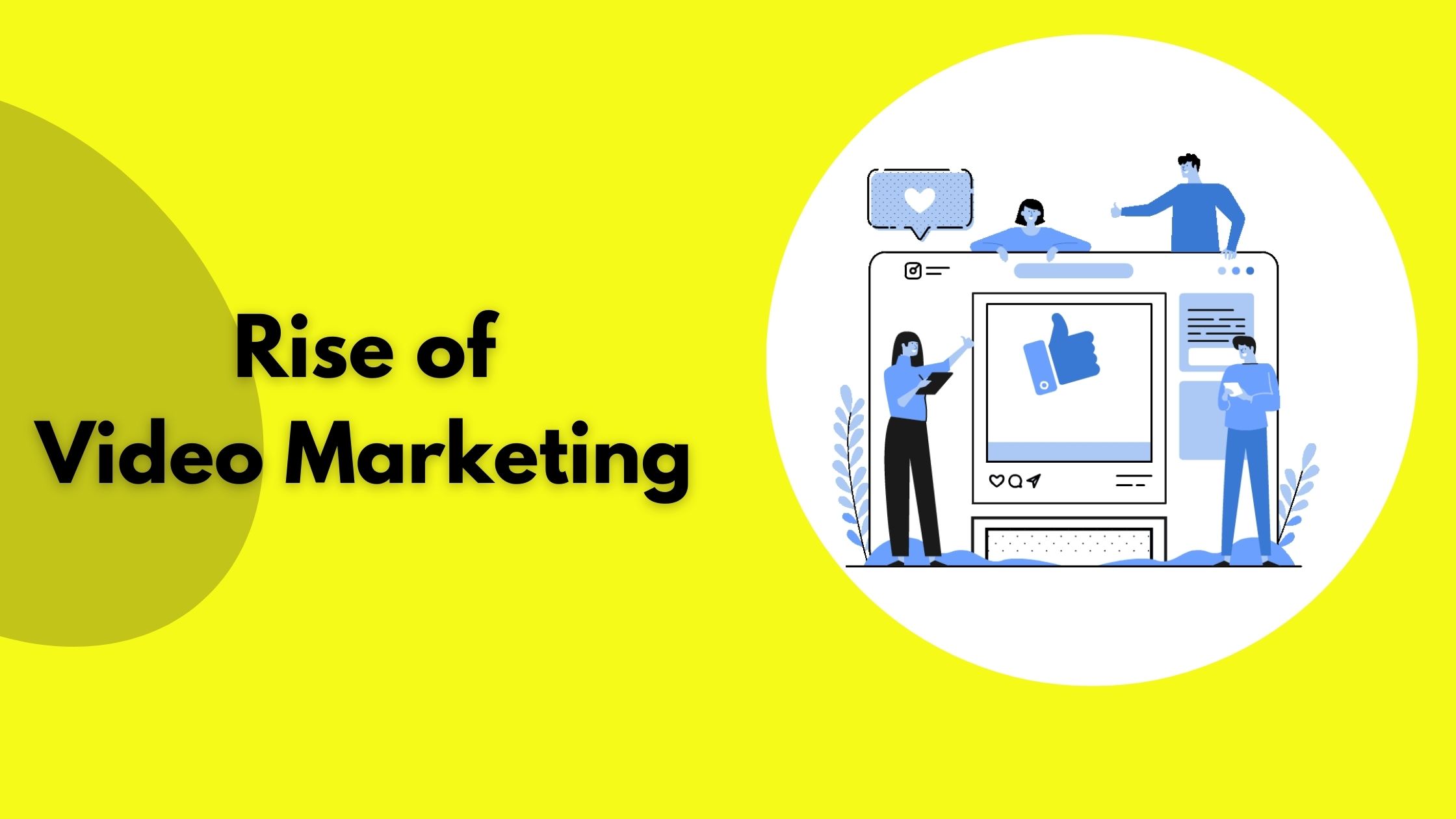




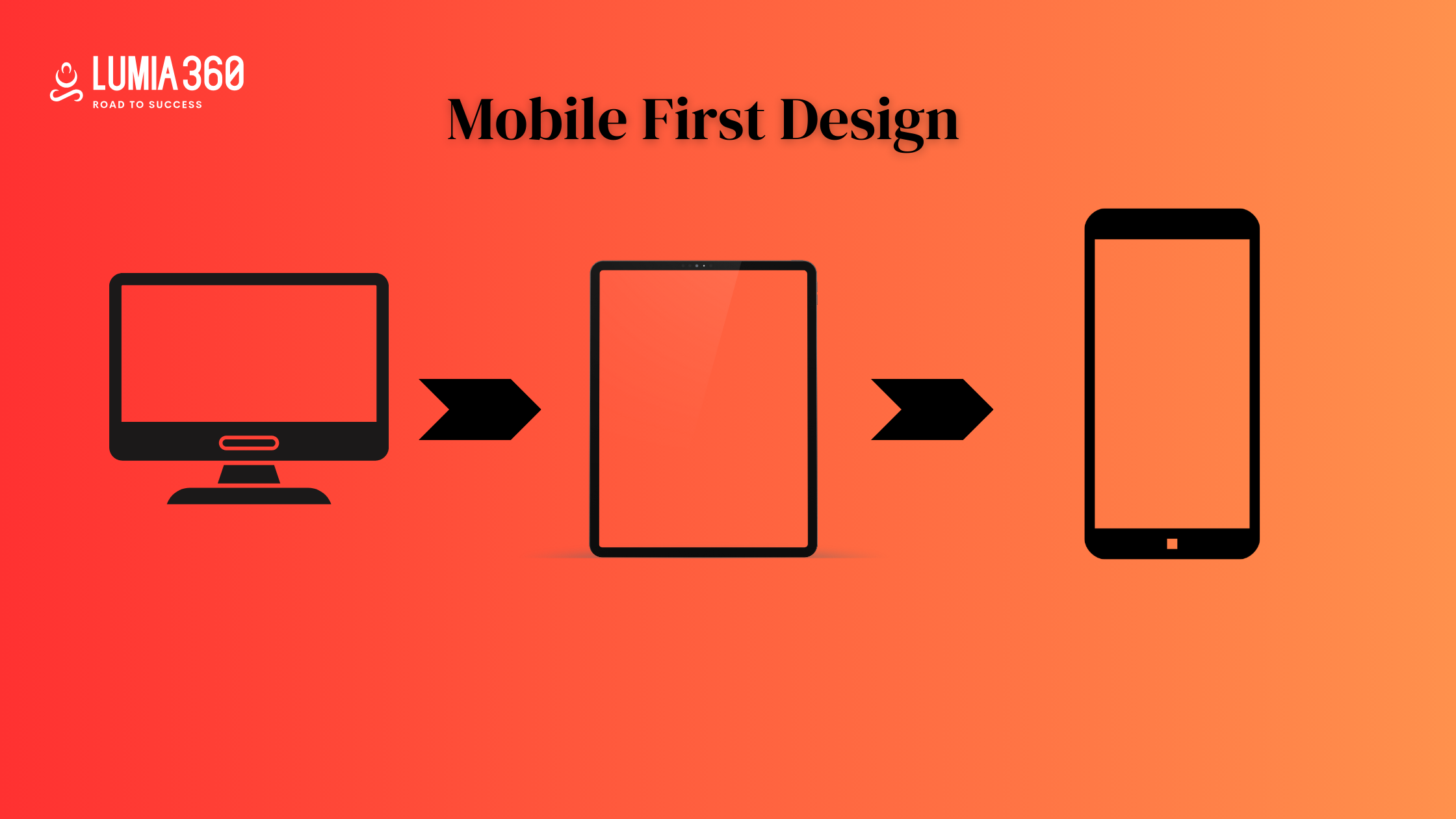





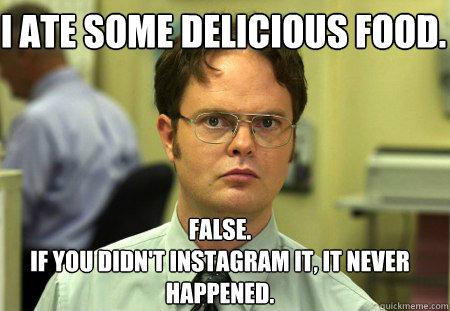
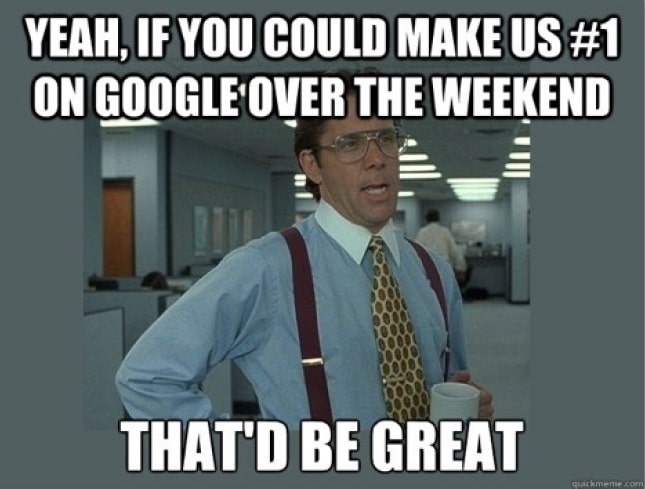

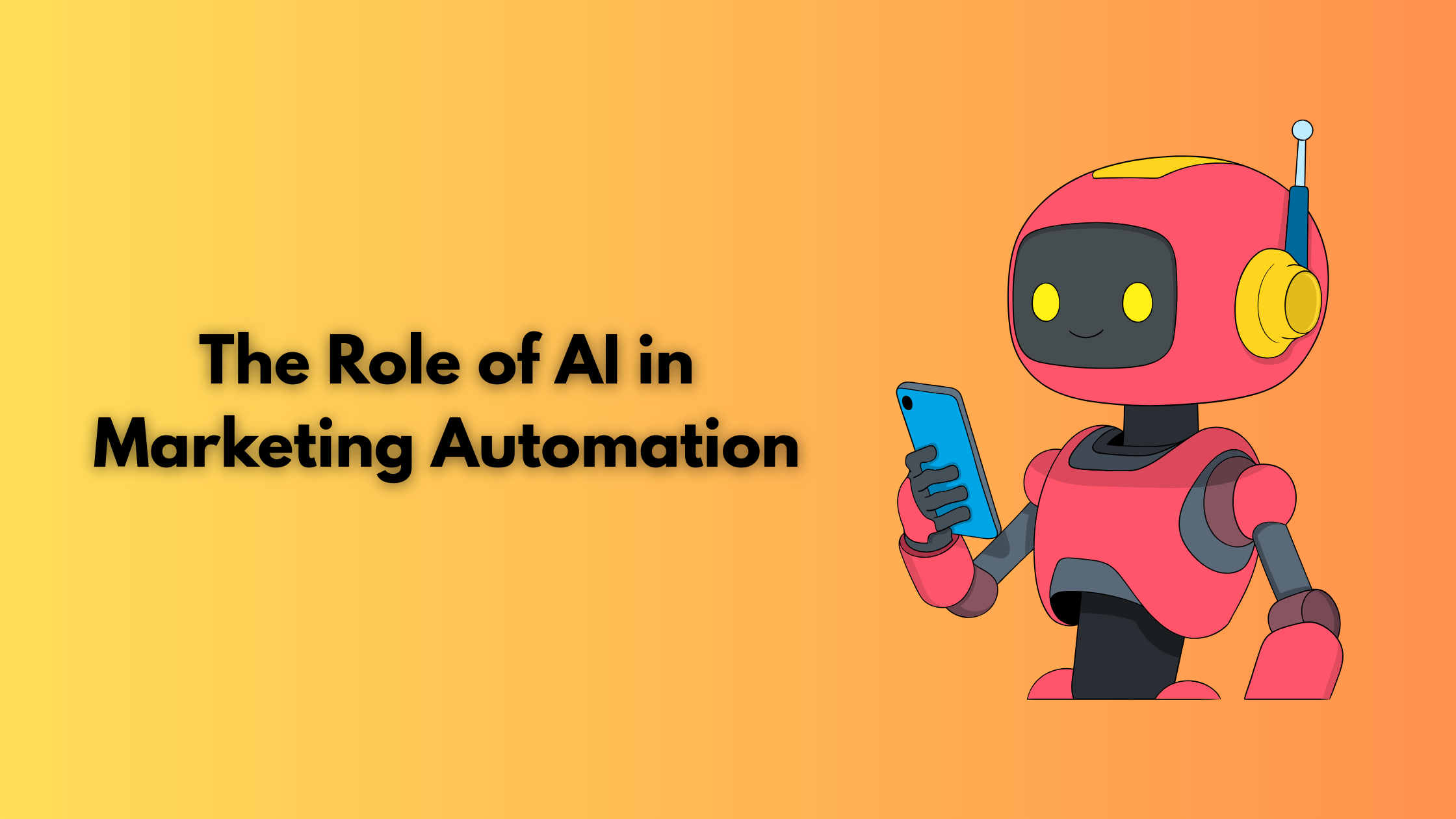
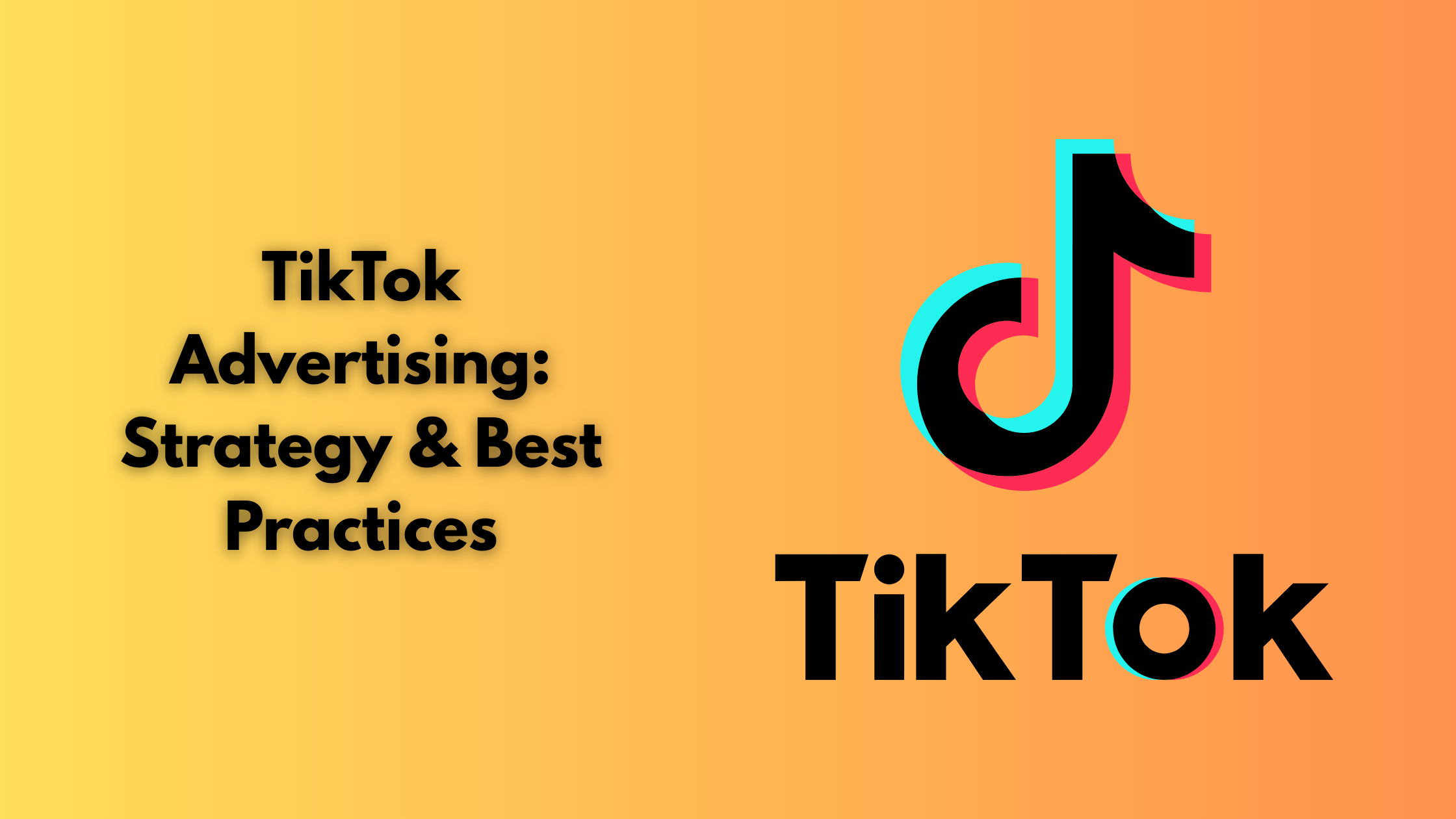
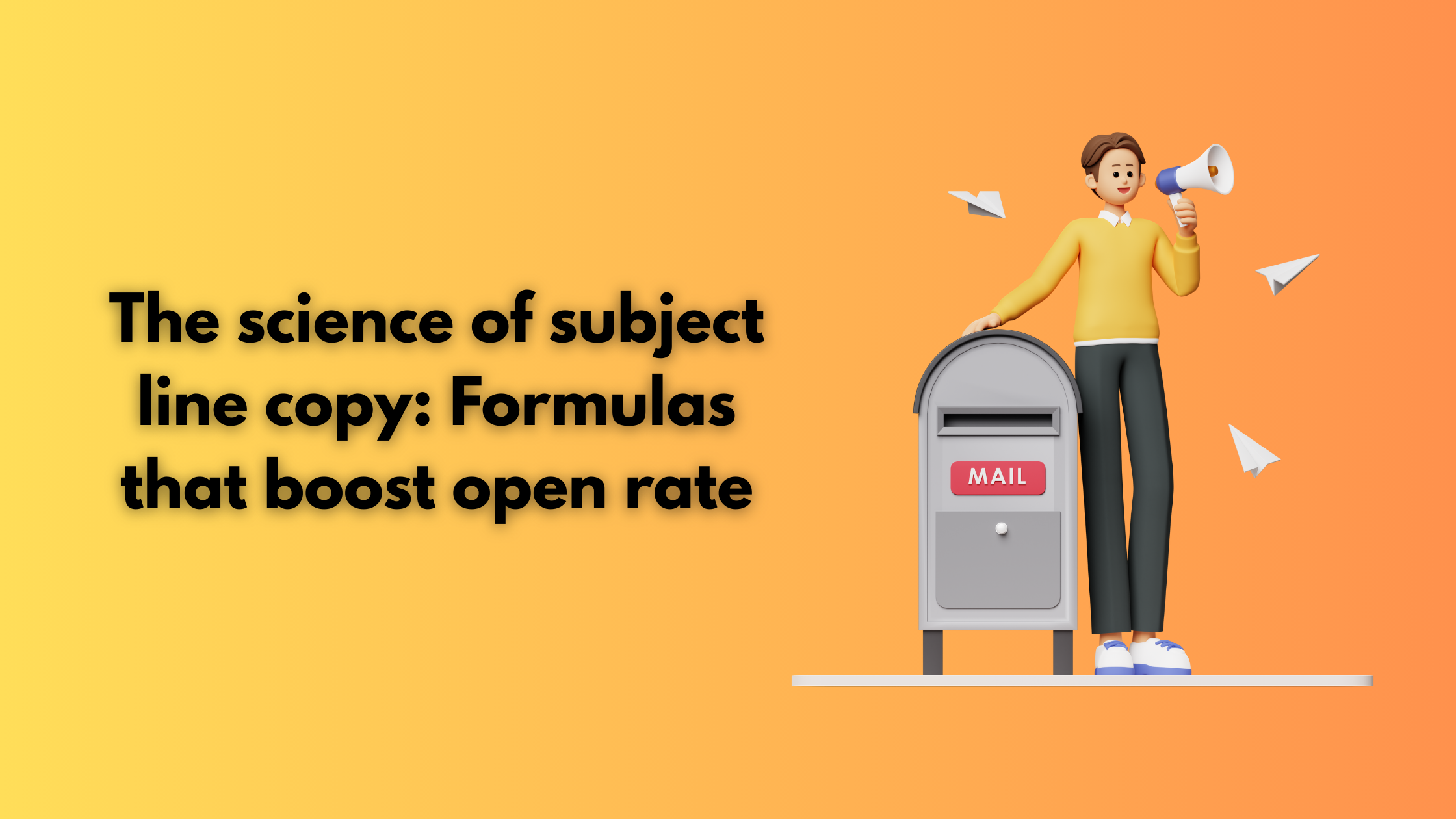

1 Comment
Your comment is awaiting moderation.
Эта публикация погружает вас в мир увлекательных фактов и удивительных открытий. Мы расскажем о ключевых событиях, которые изменили ход истории, и приоткроем завесу над научными достижениями, которые вдохновили миллионы. Узнайте, чему может научить нас прошлое и как применить эти знания в будущем.
Исследовать вопрос подробнее – http://www.tomoniikiru.org/talk/index.cgi?pg=0
Your comment is awaiting moderation.
**finessa**
Finessa is a natural supplement made to support healthy digestion, improve metabolism, and help you achieve a flatter belly.
Your comment is awaiting moderation.
**balmorex**
balmorex is an exceptional solution for individuals who suffer from chronic joint pain and muscle aches.
[…] Read Also: Managing Social Media Crisis […]